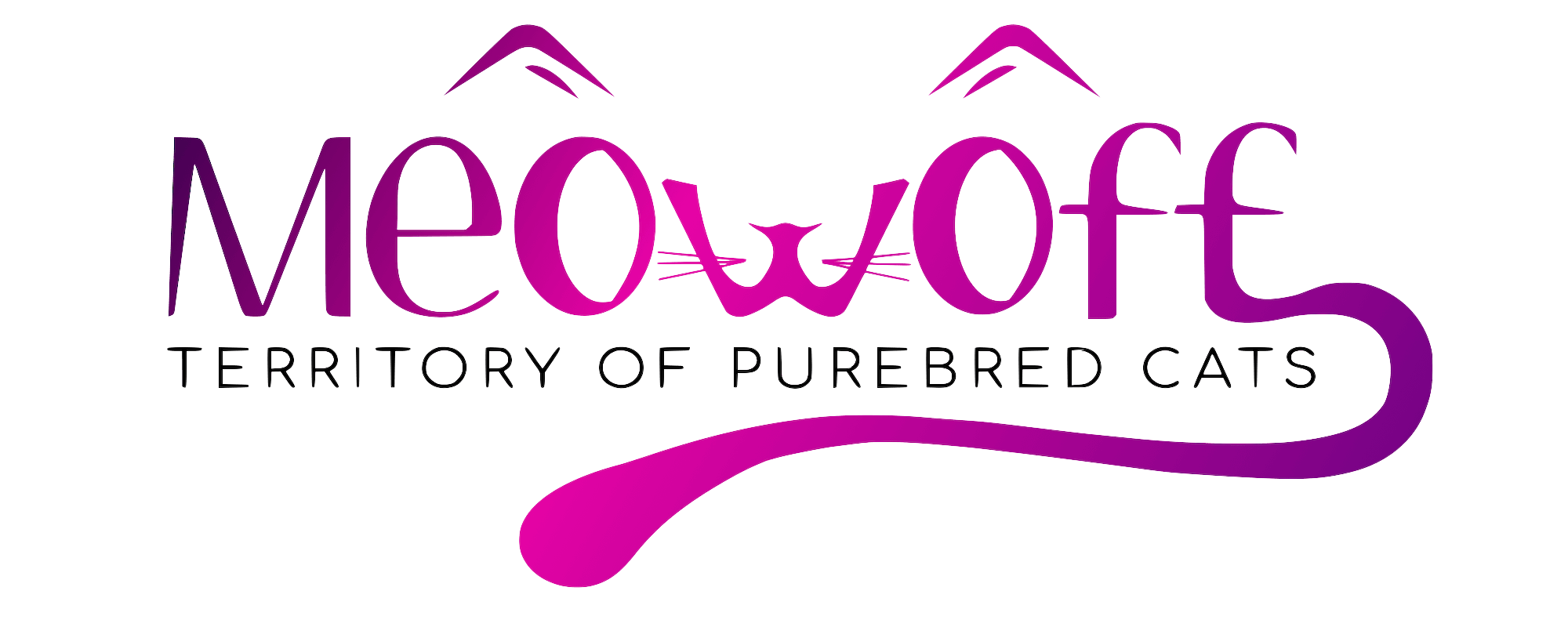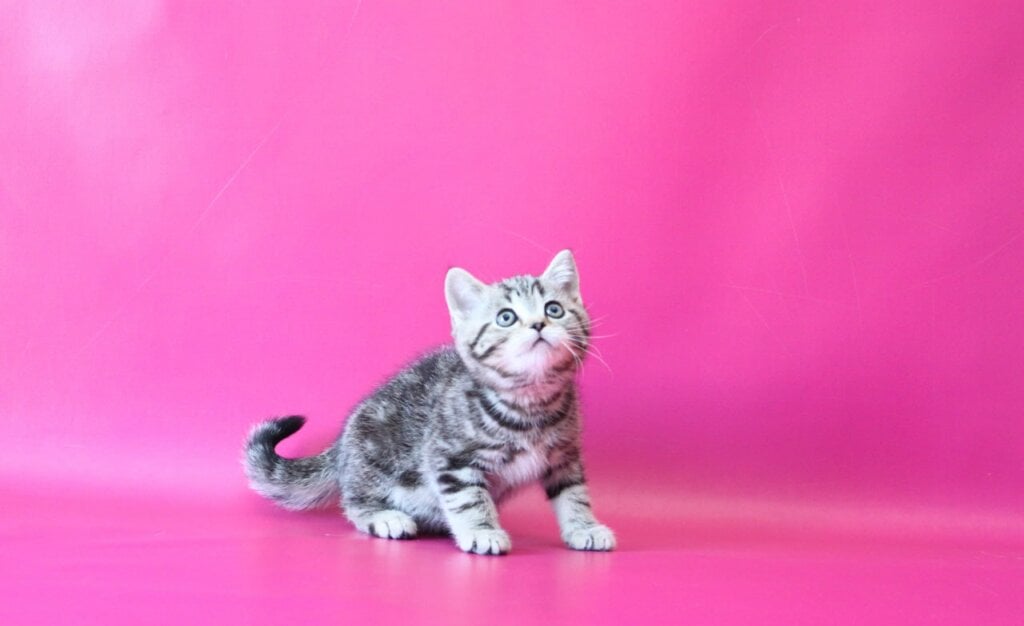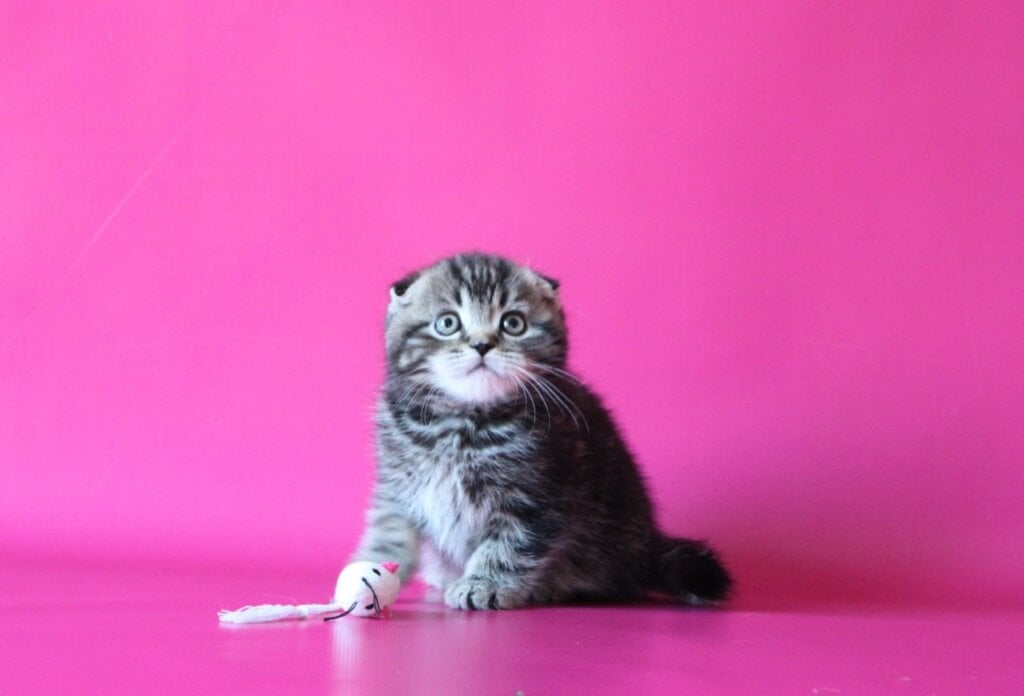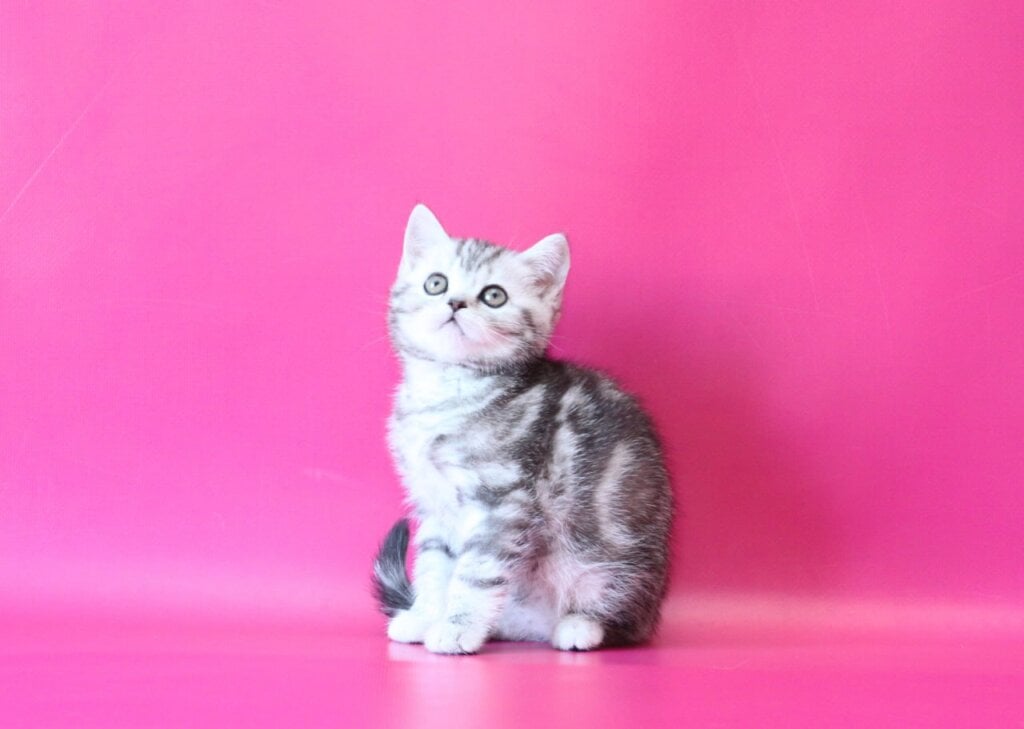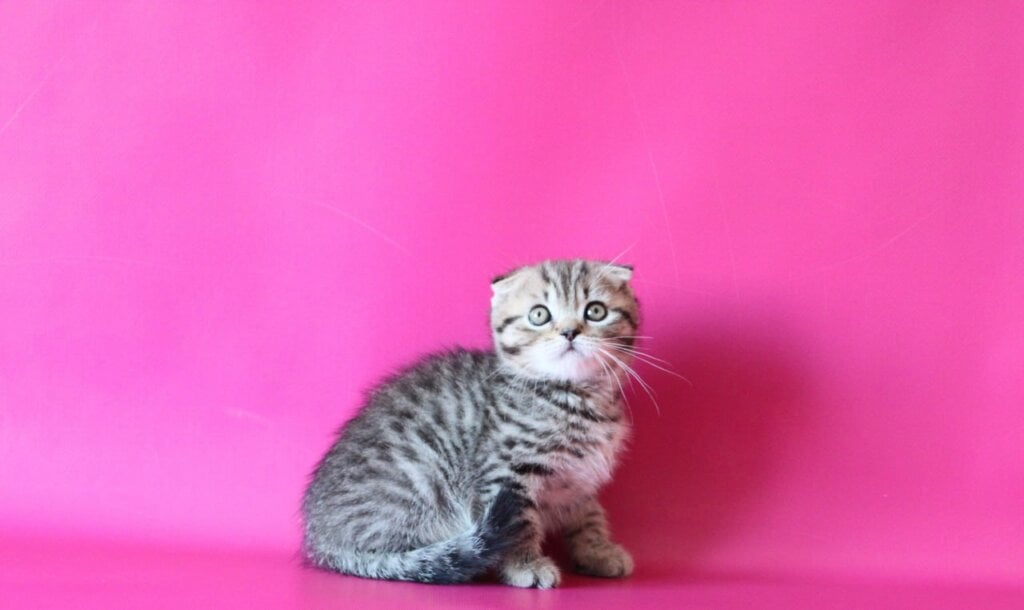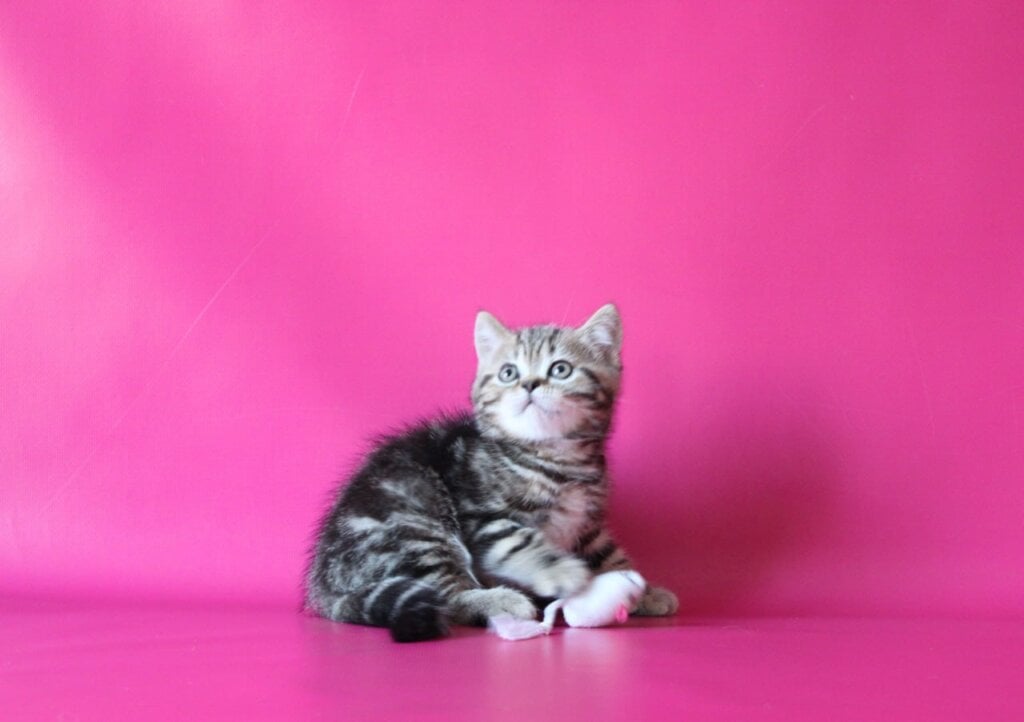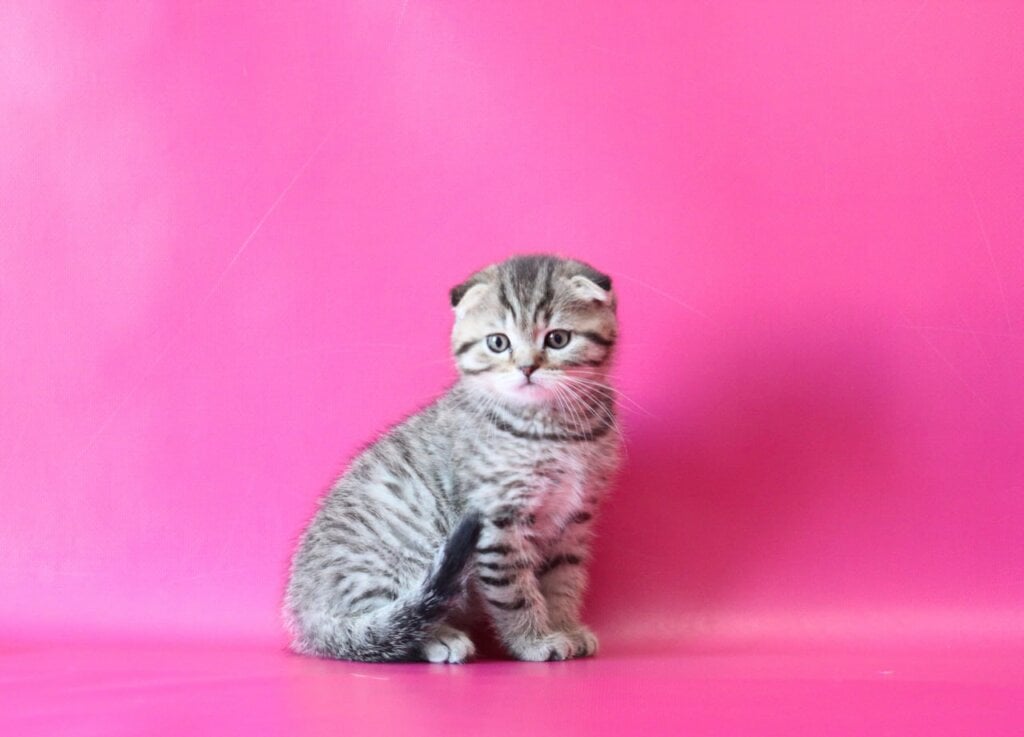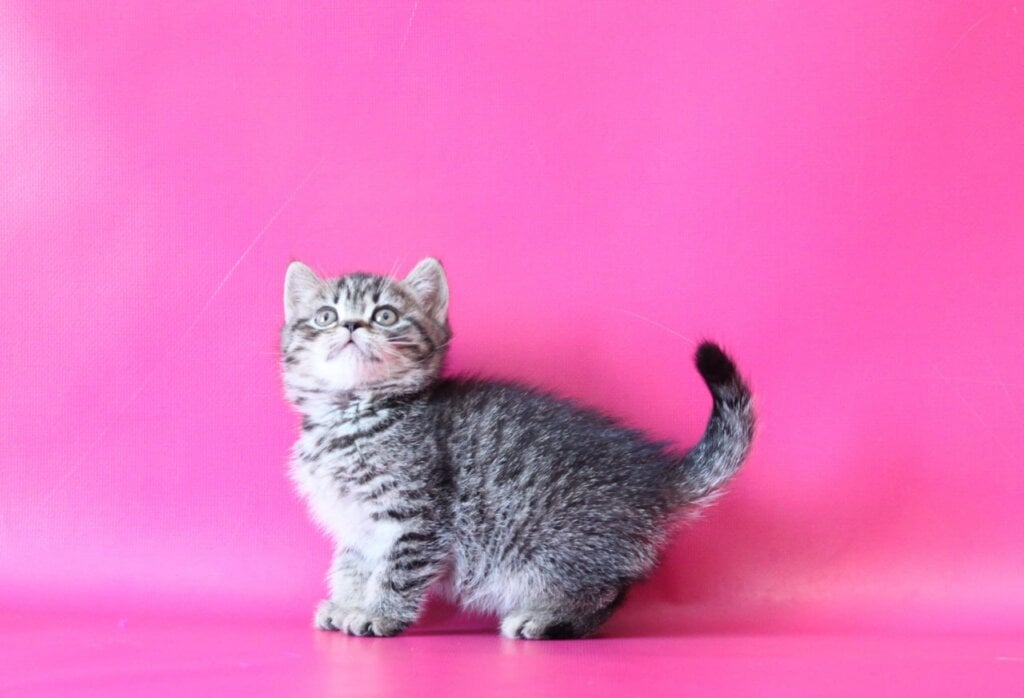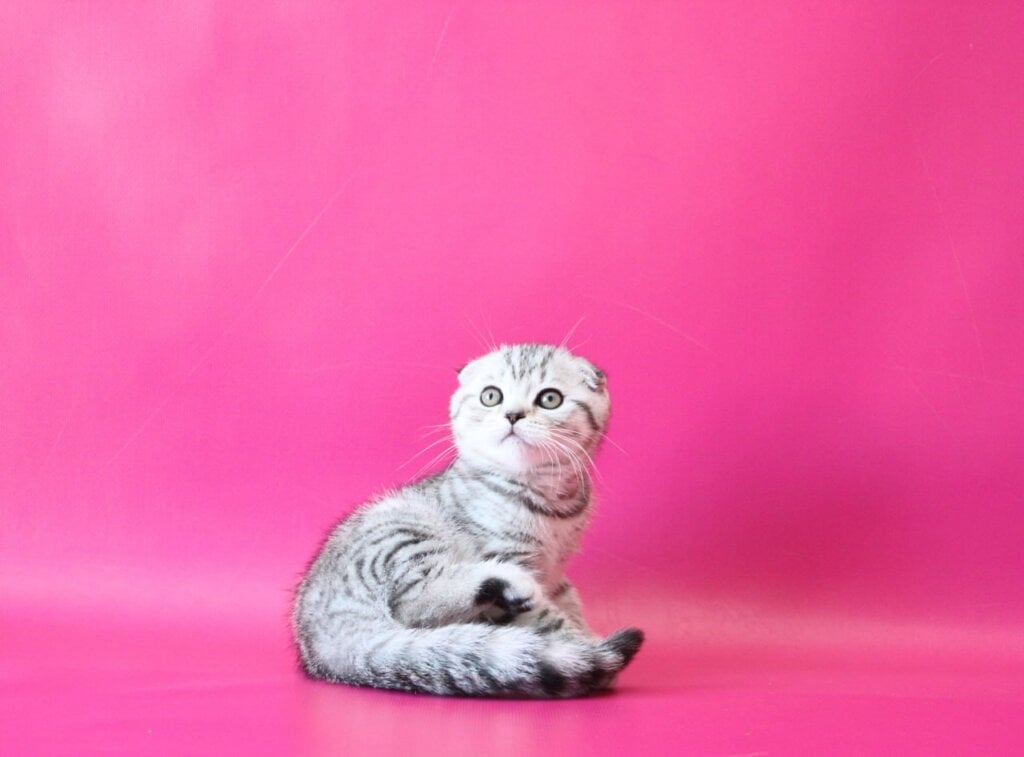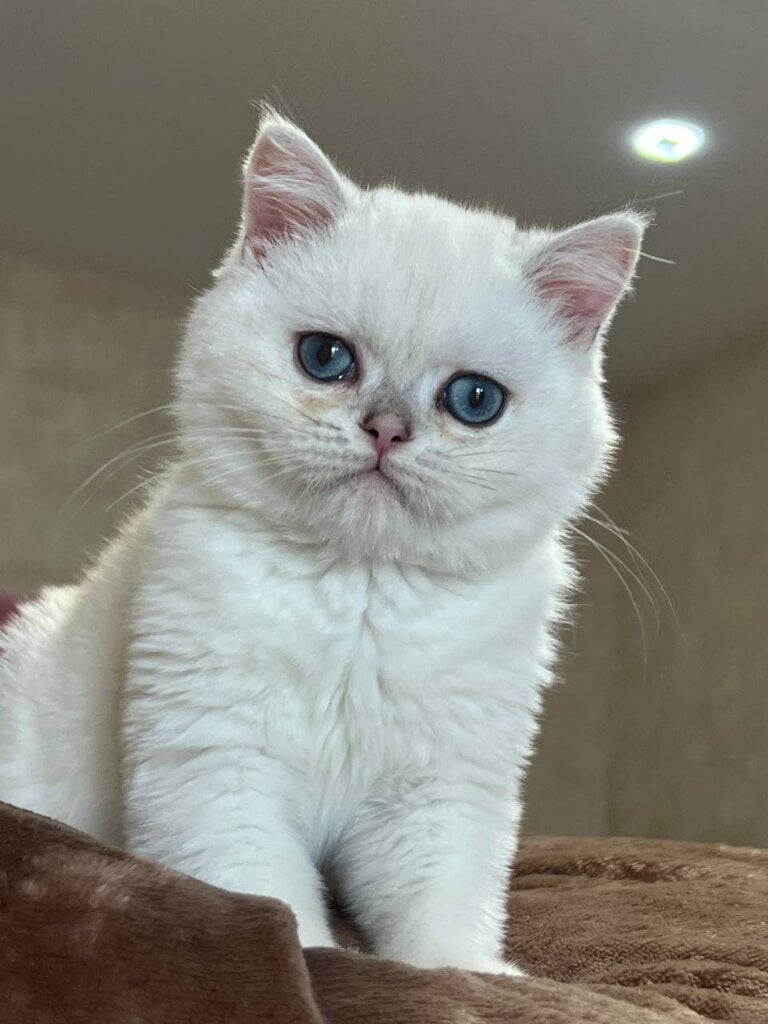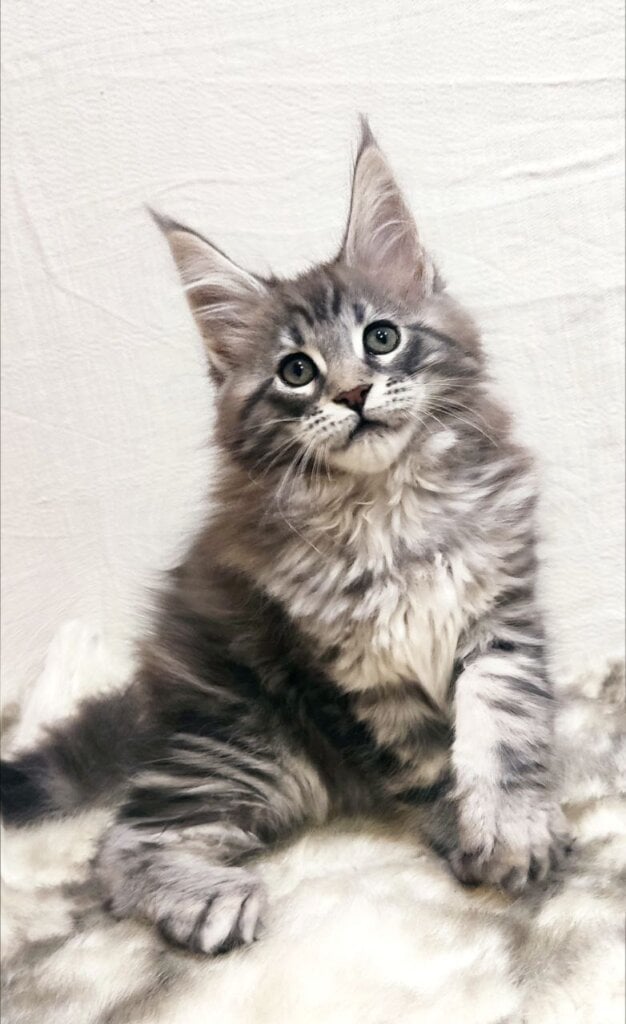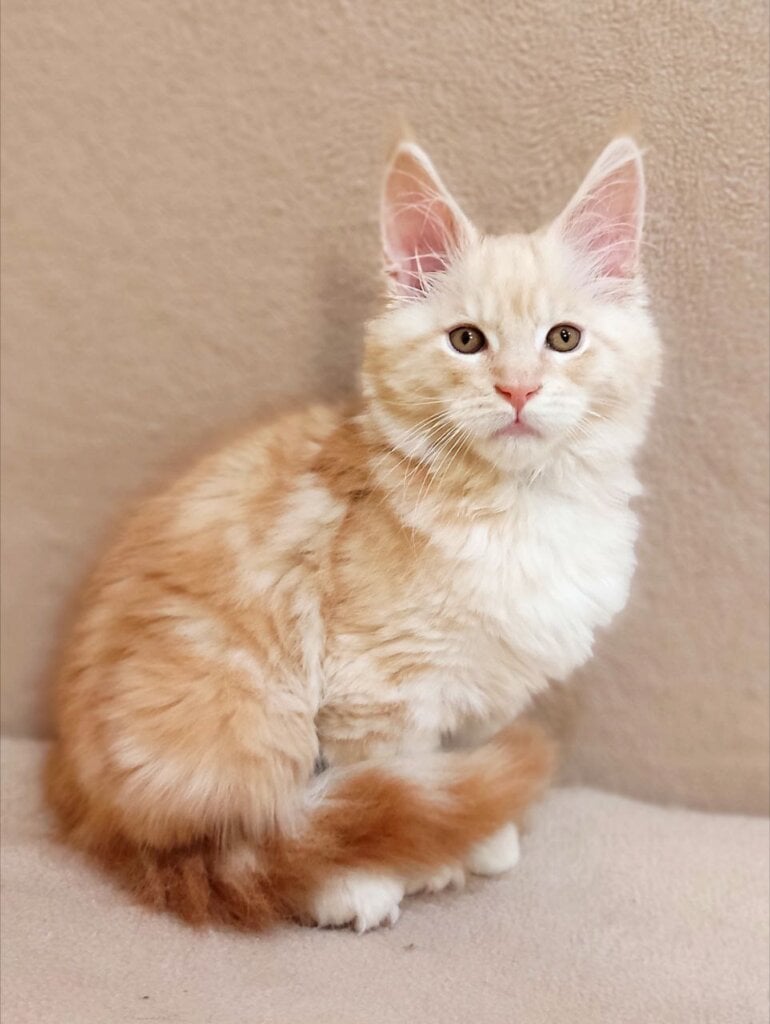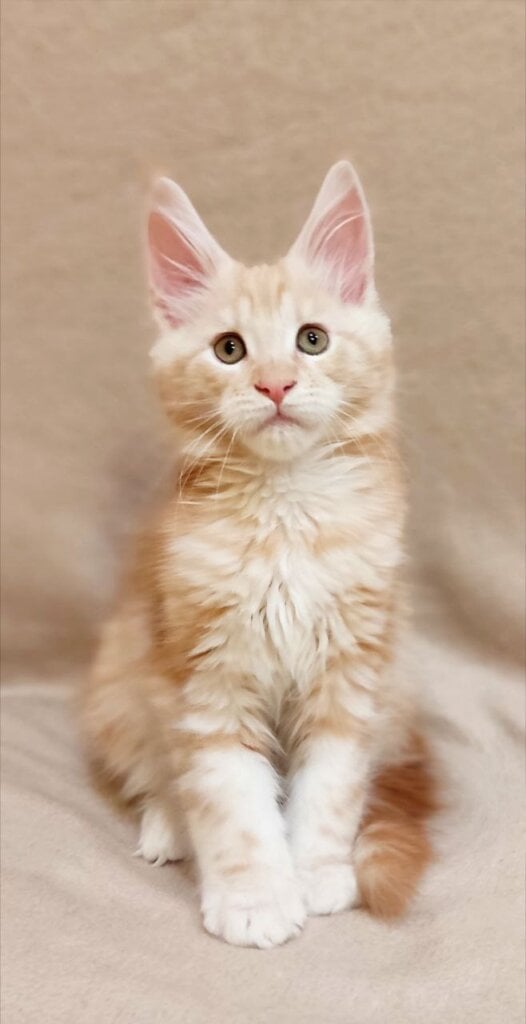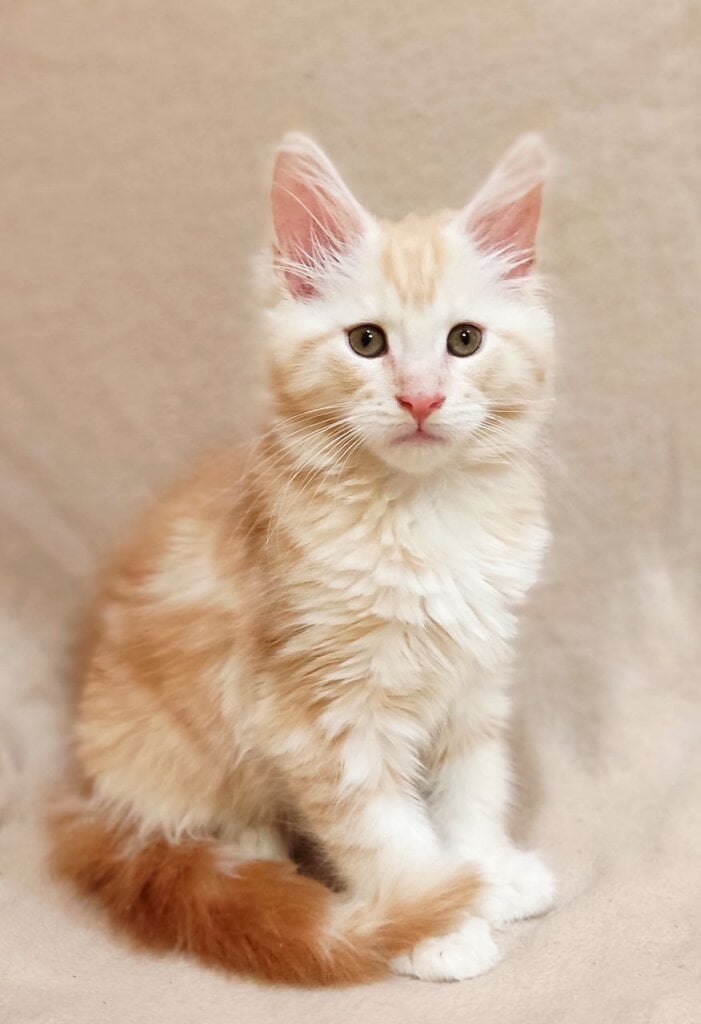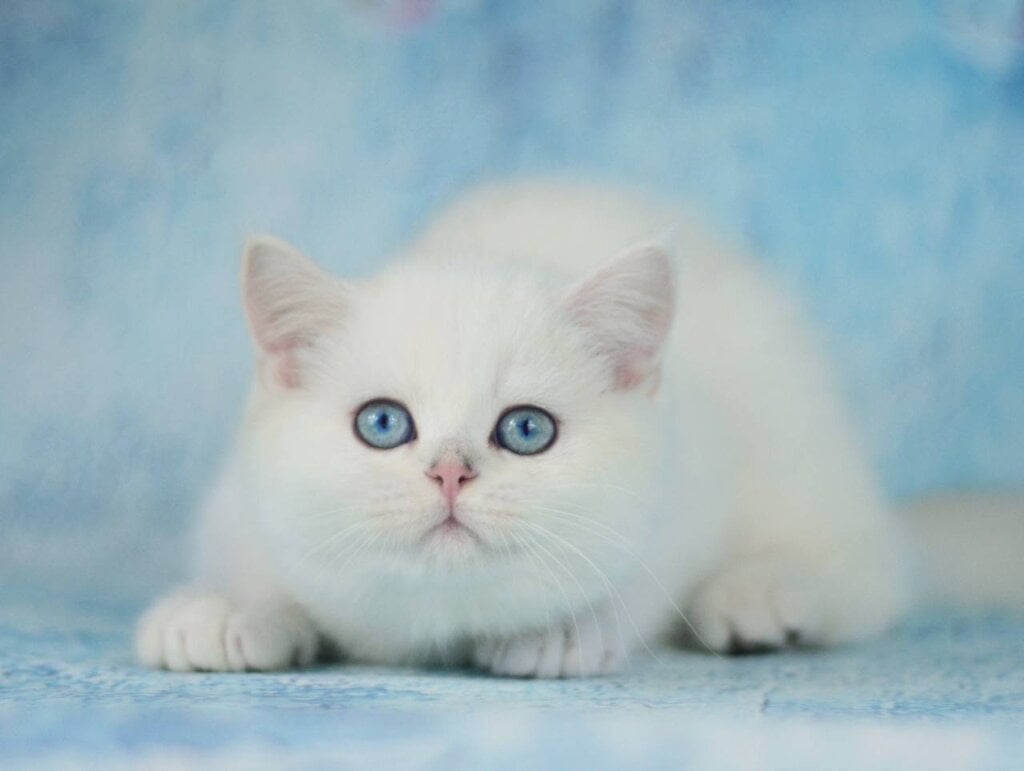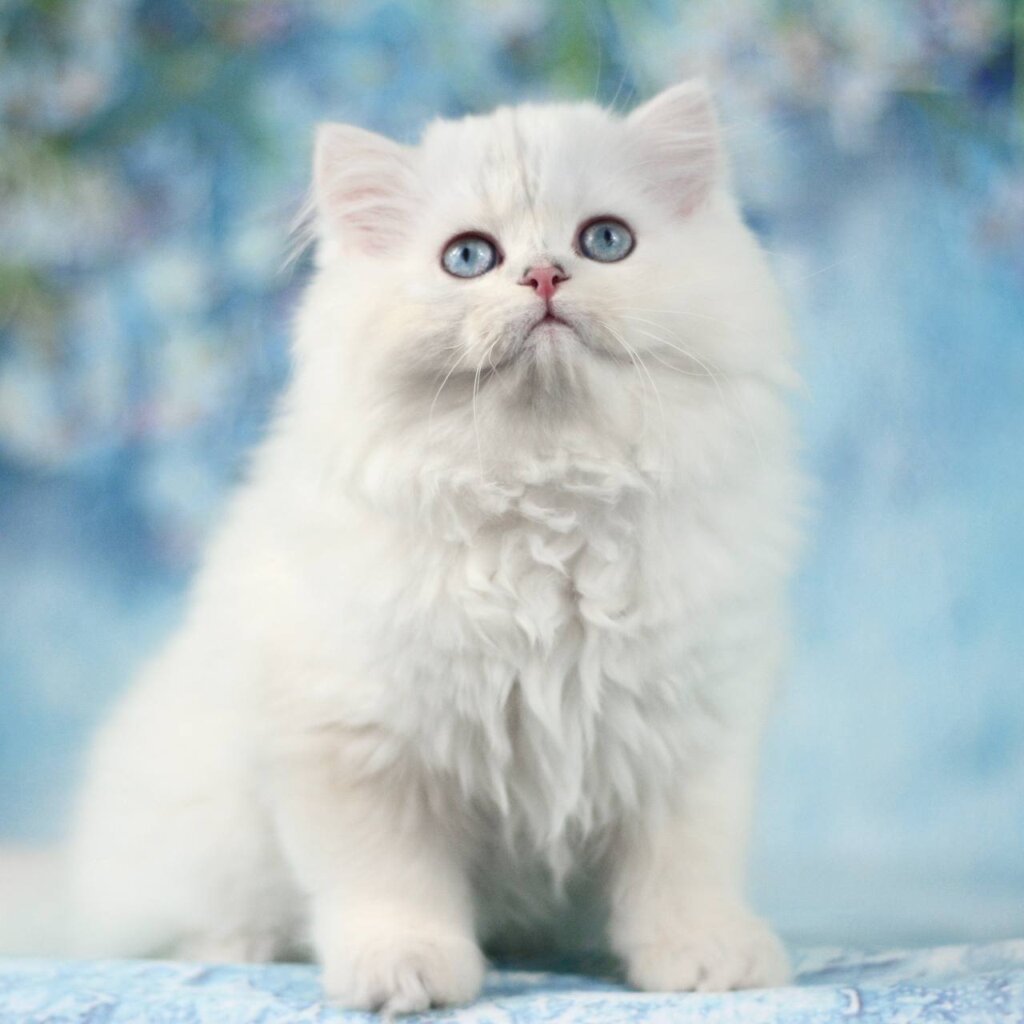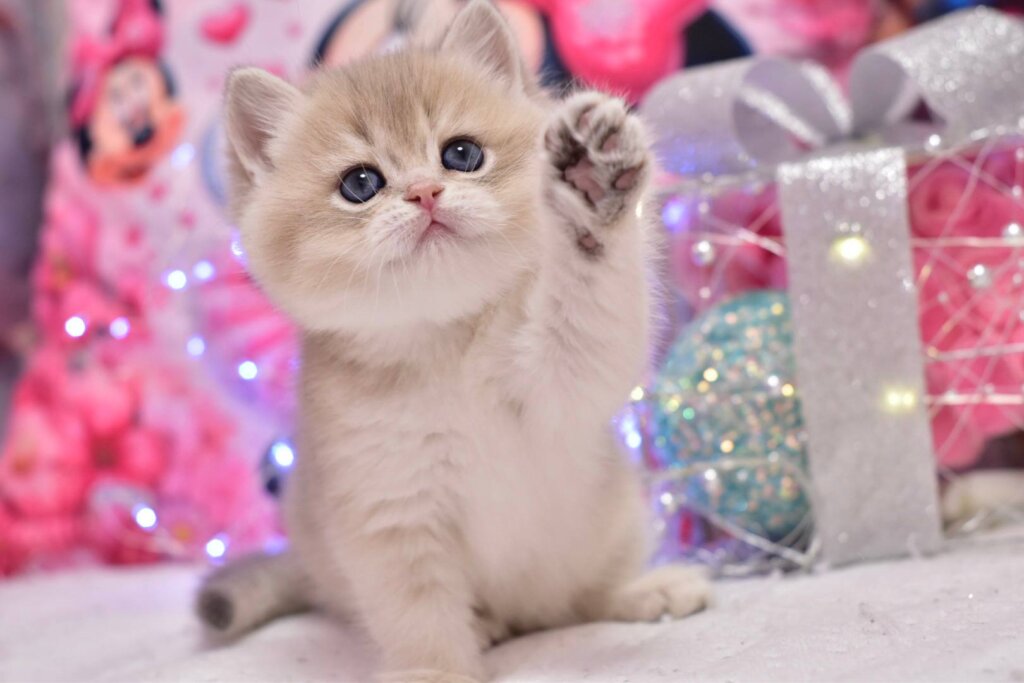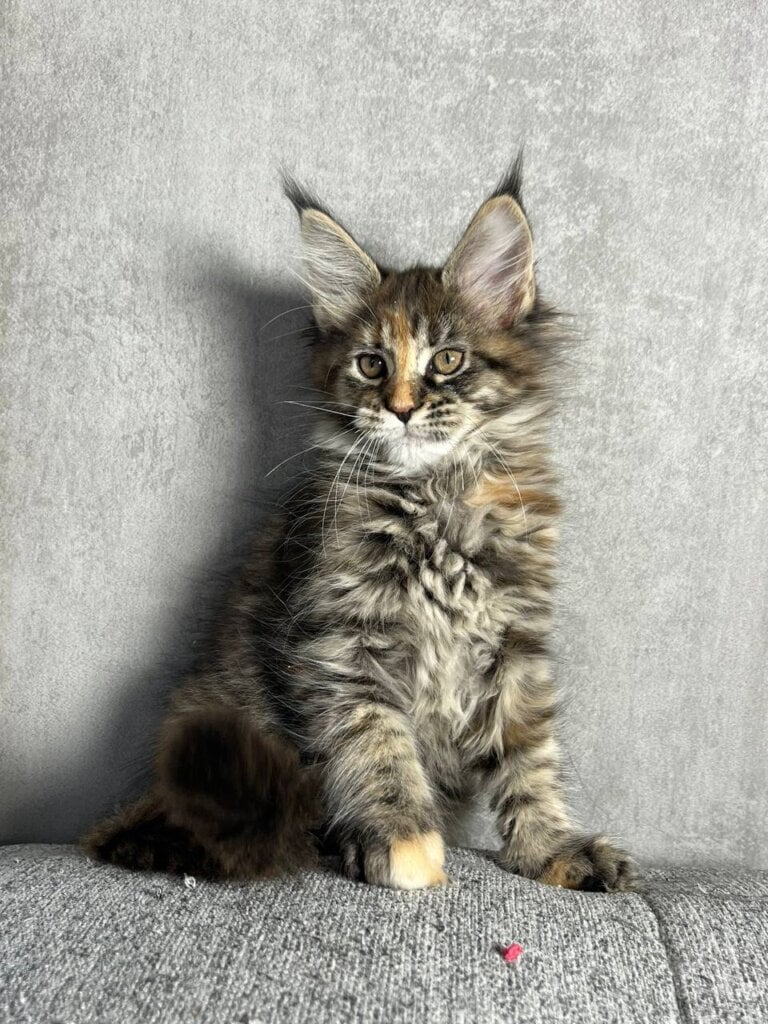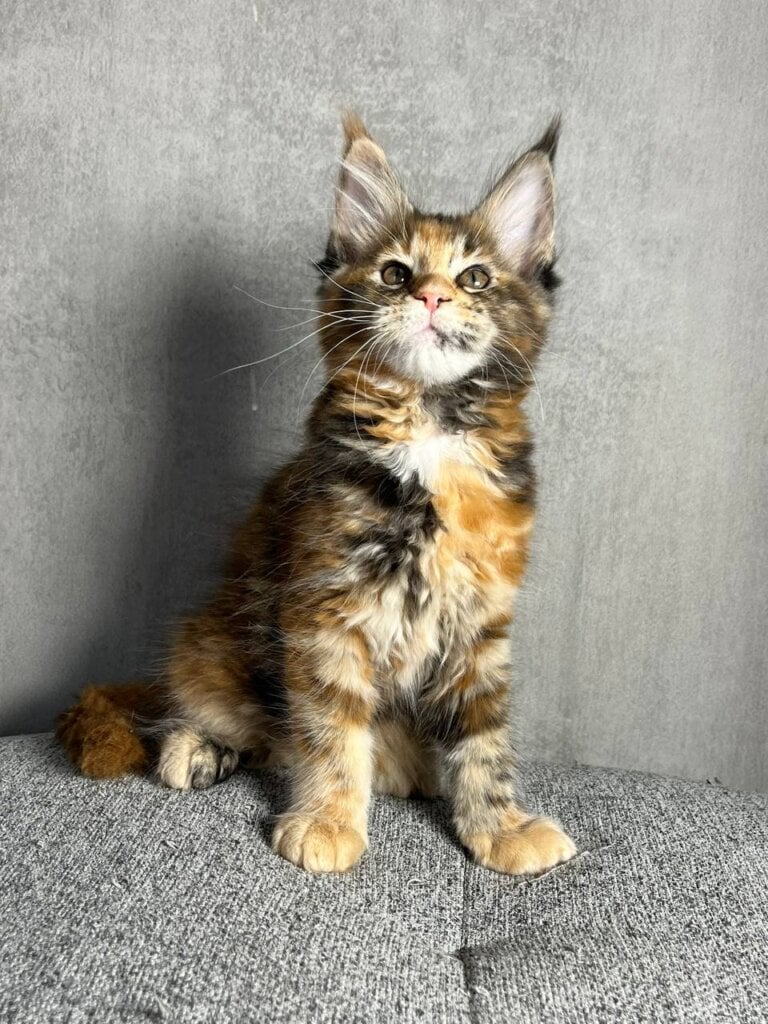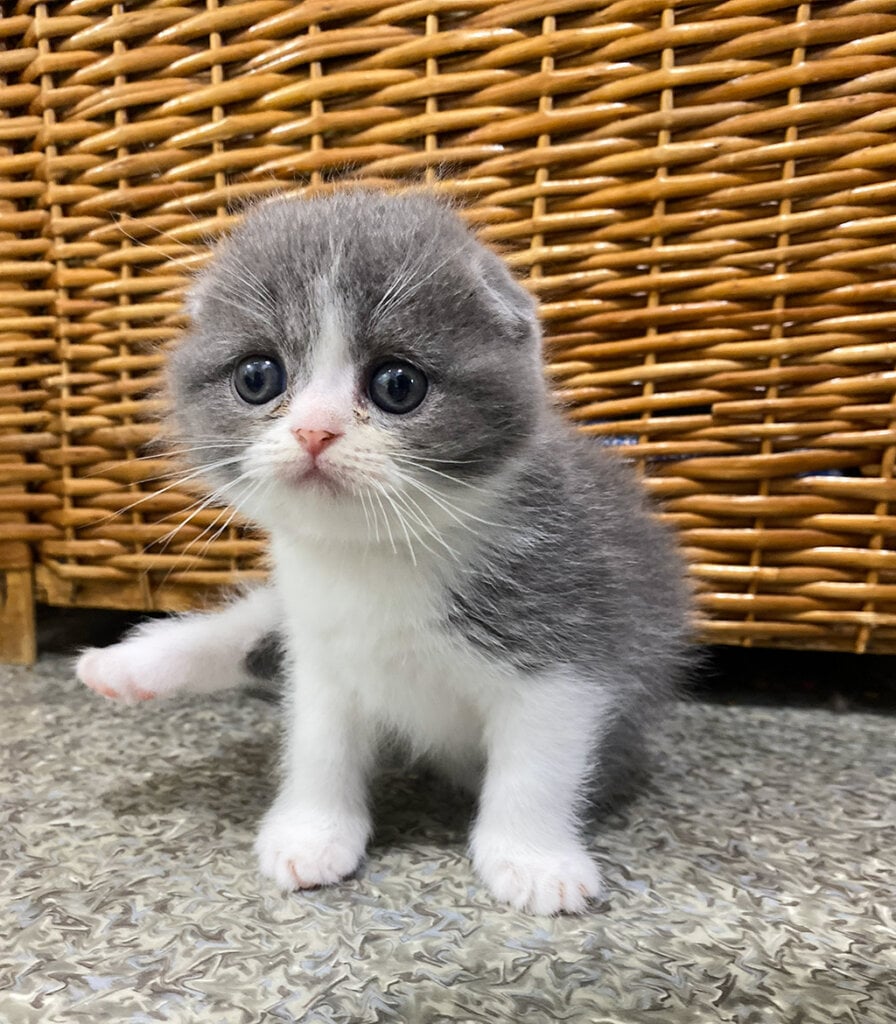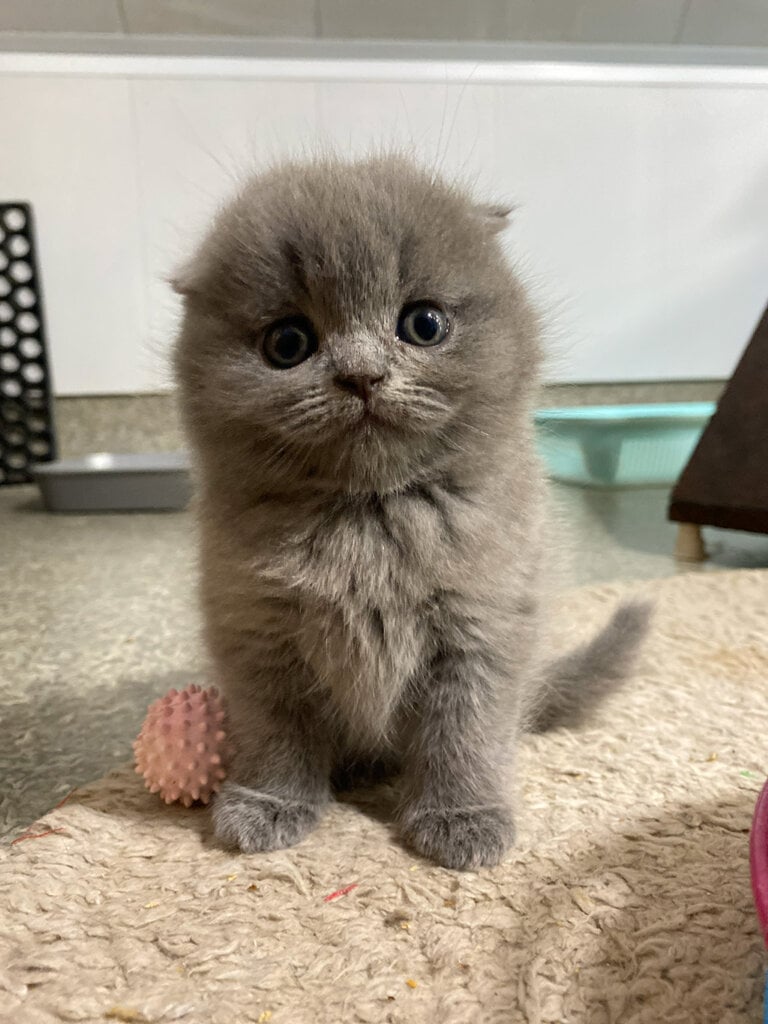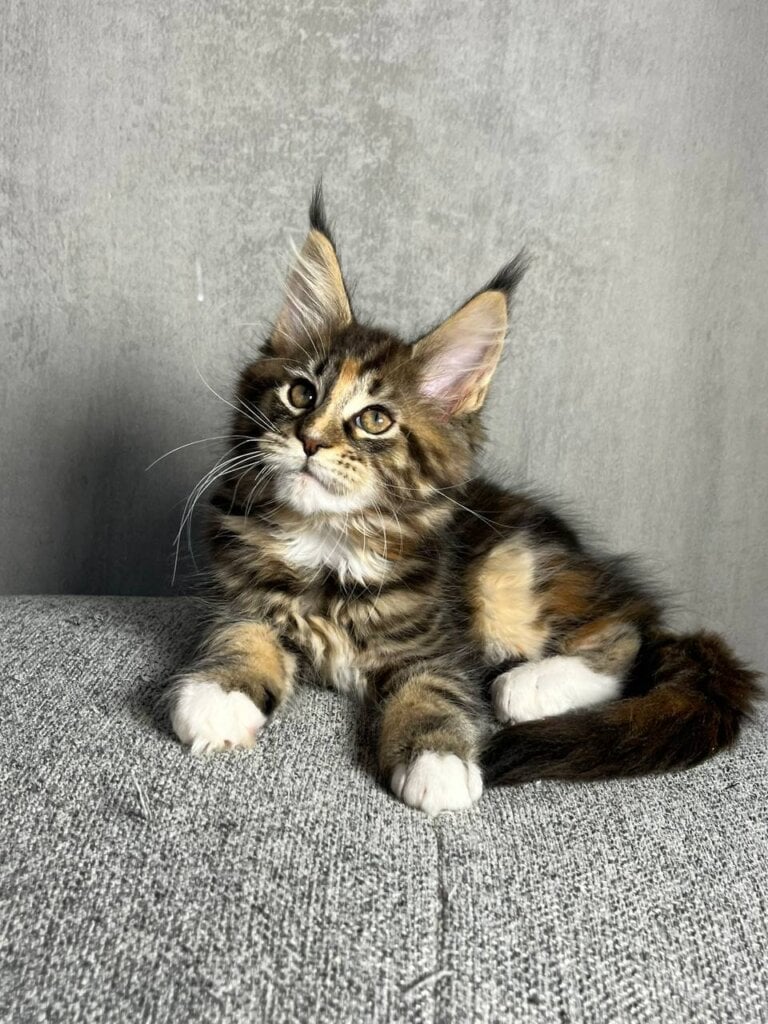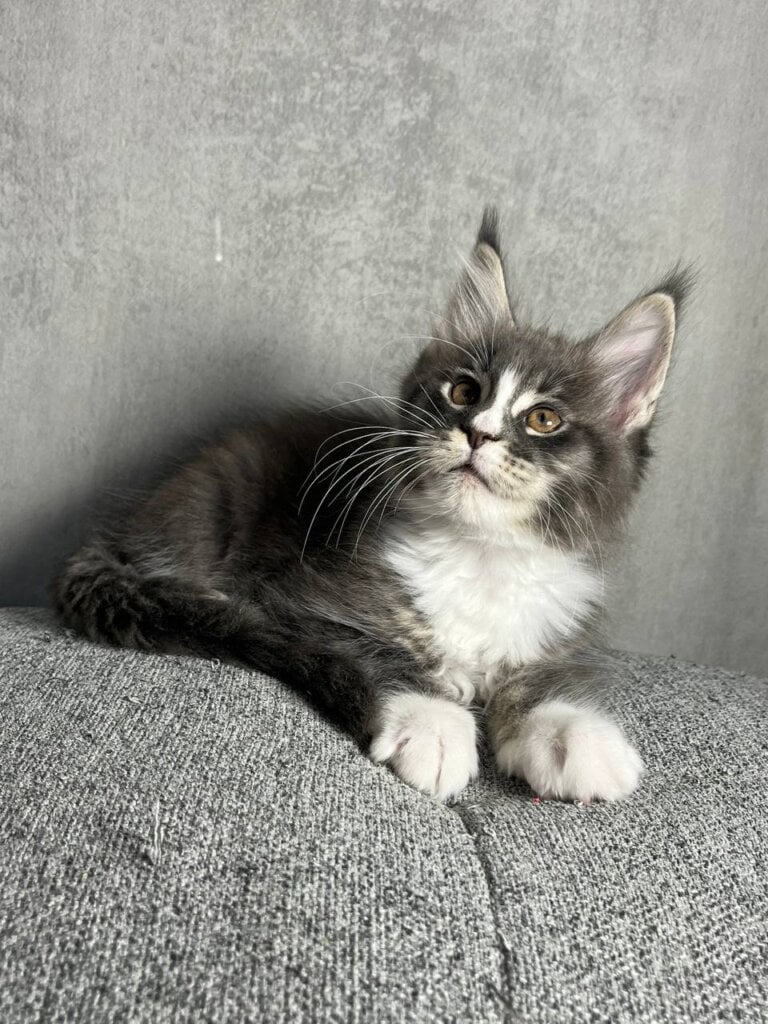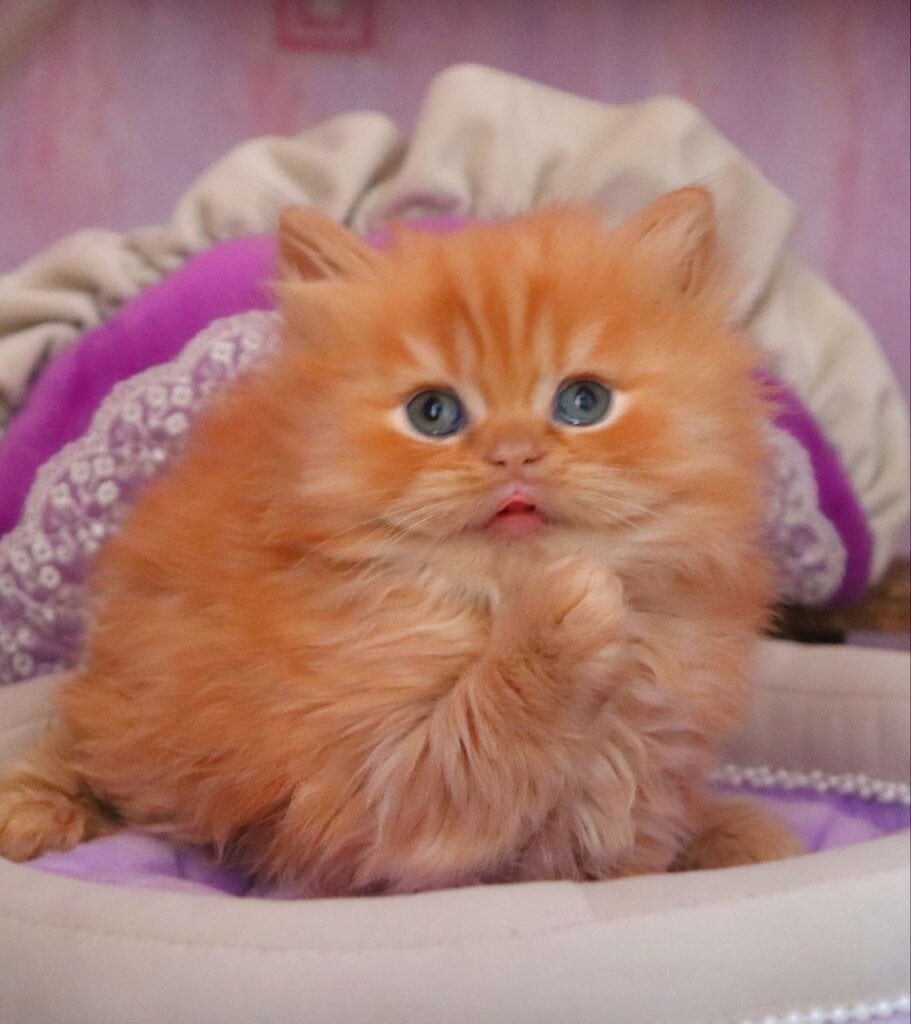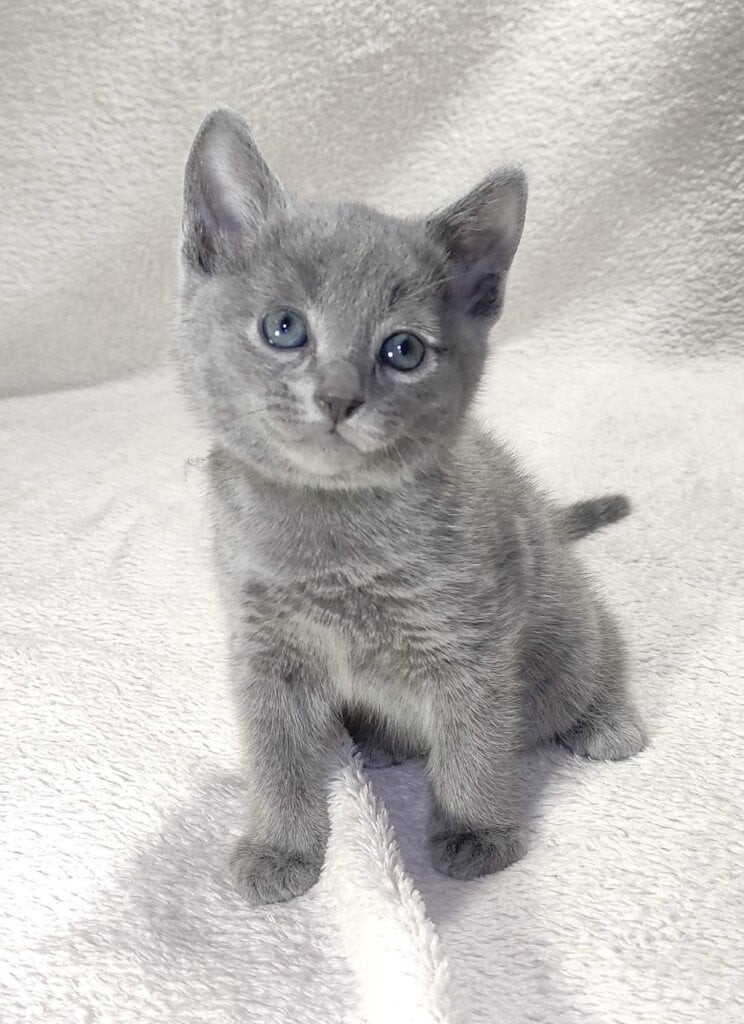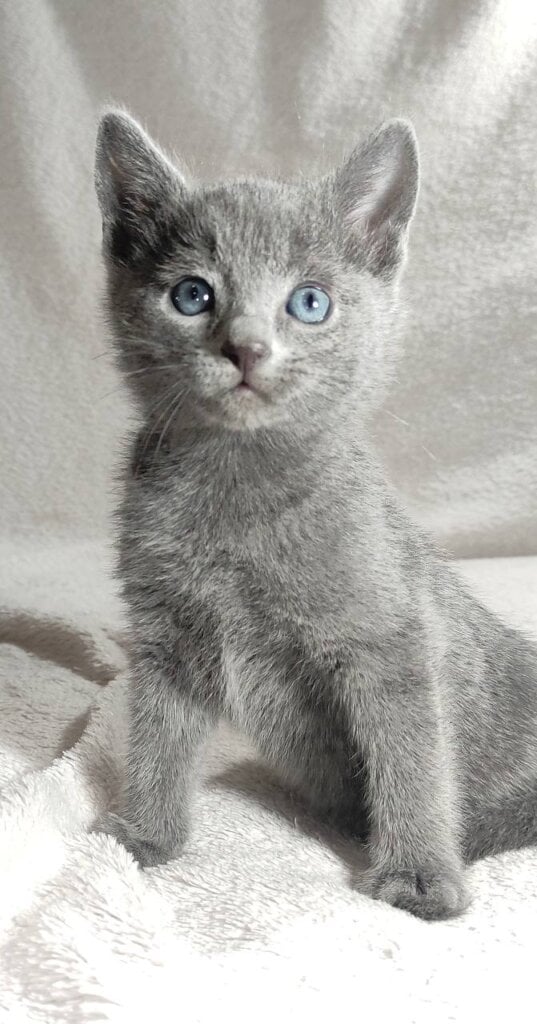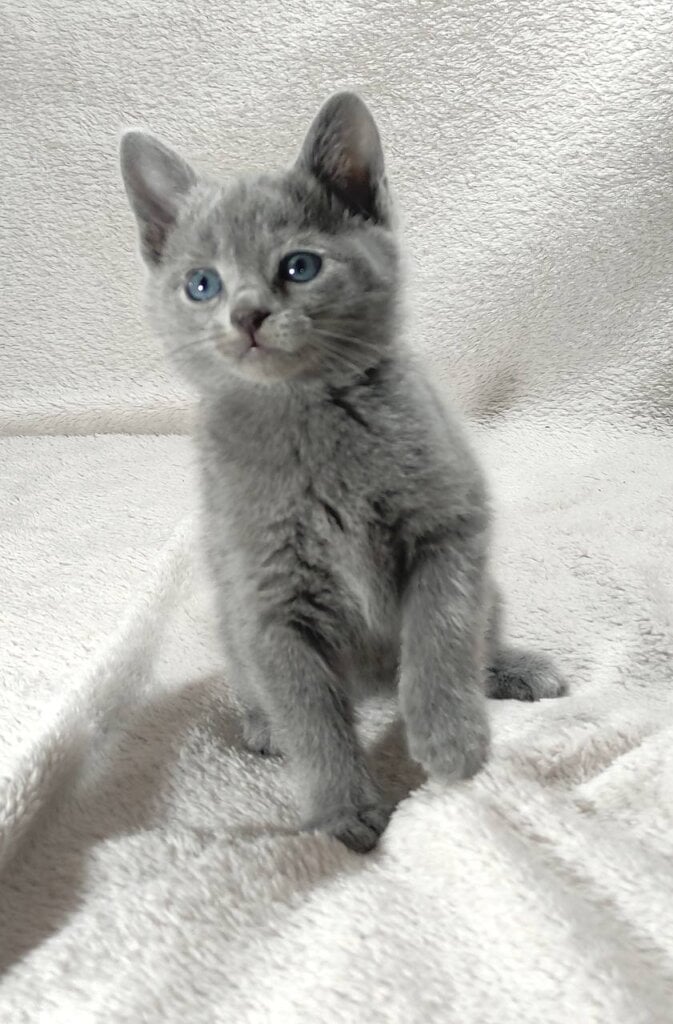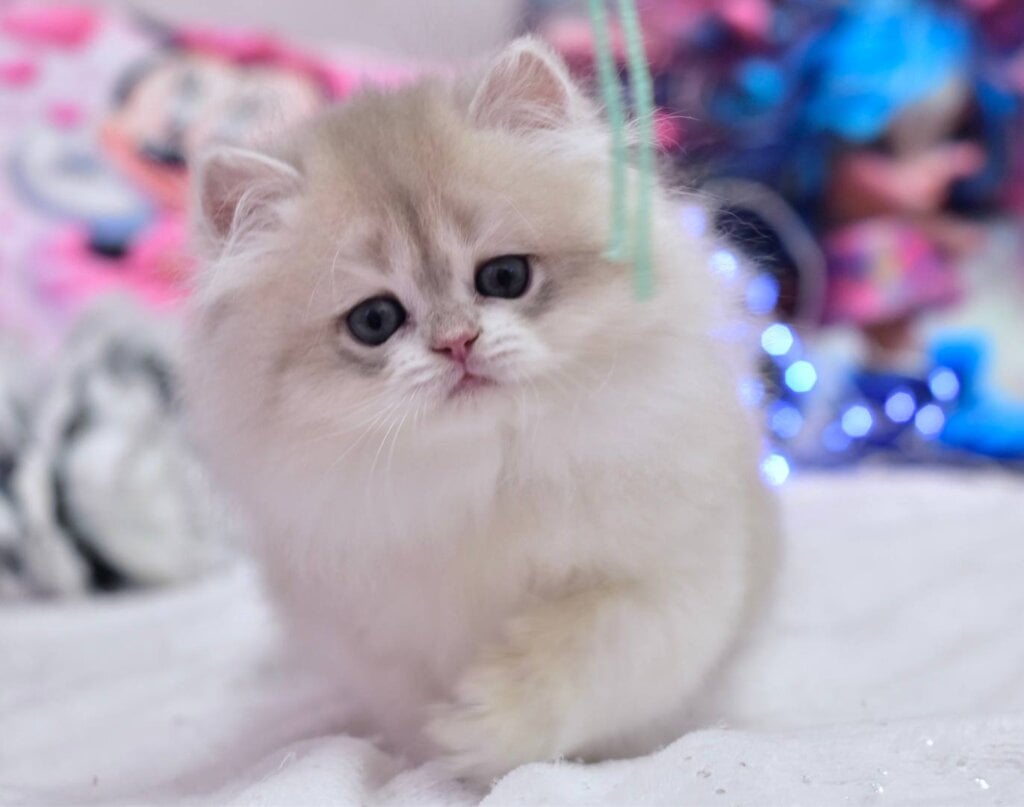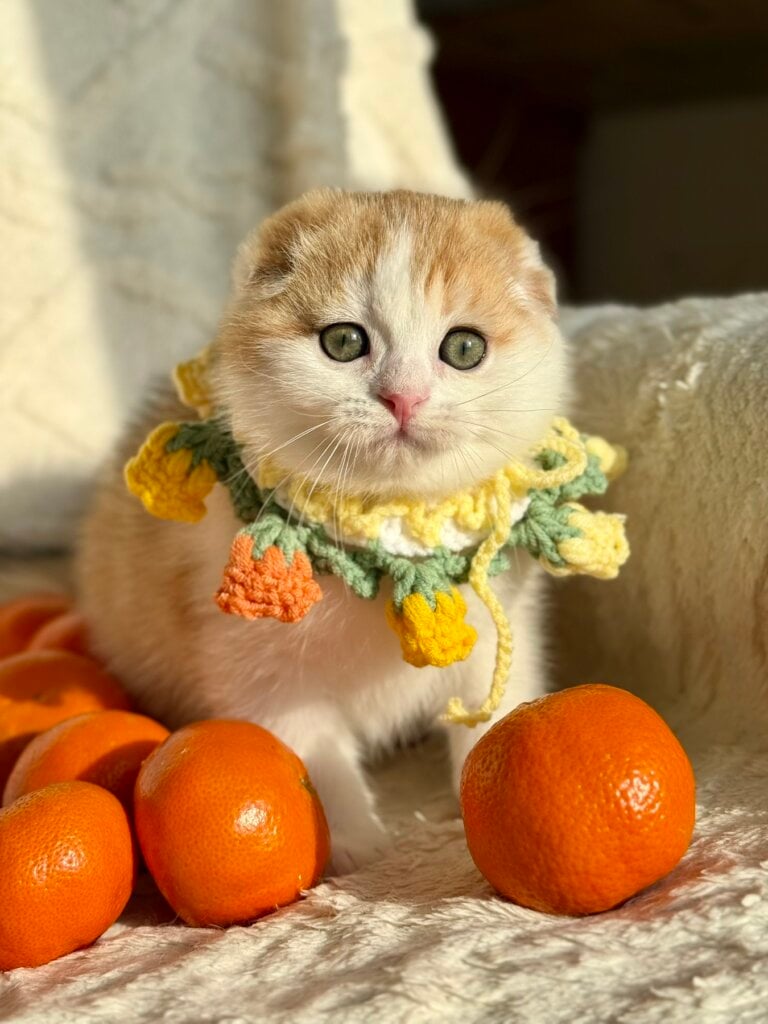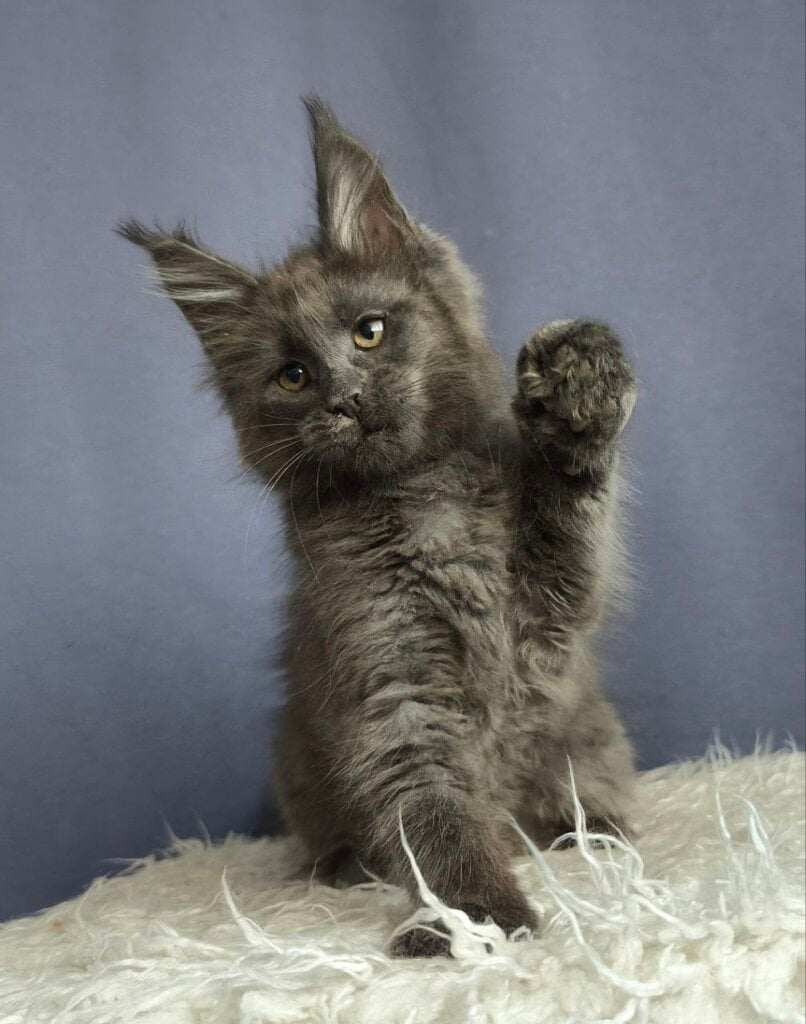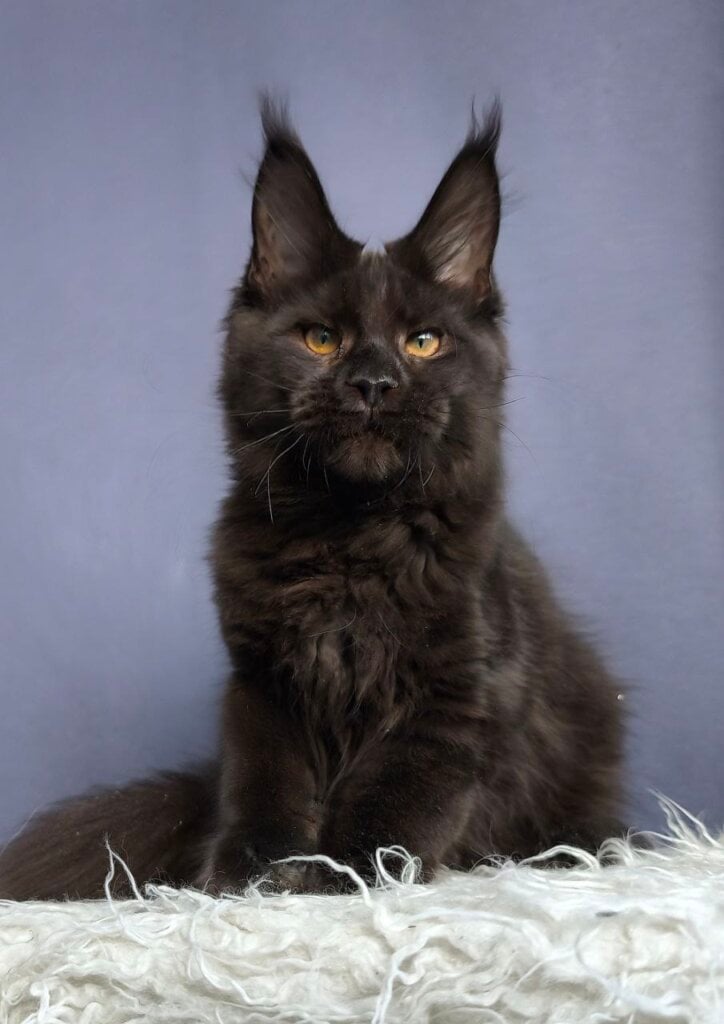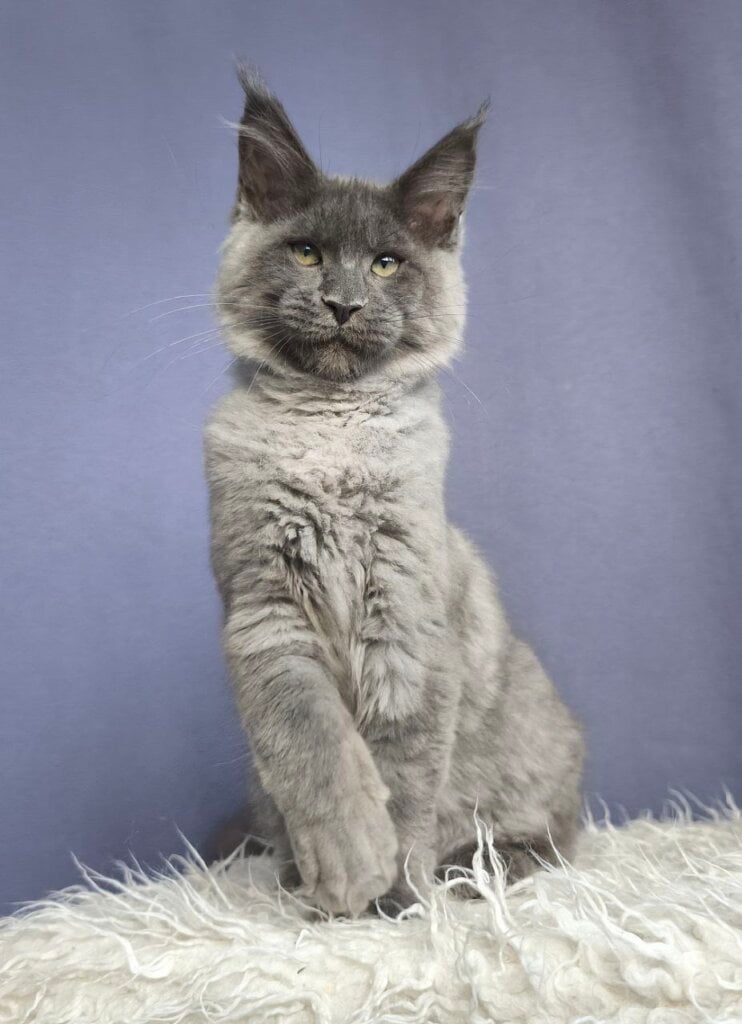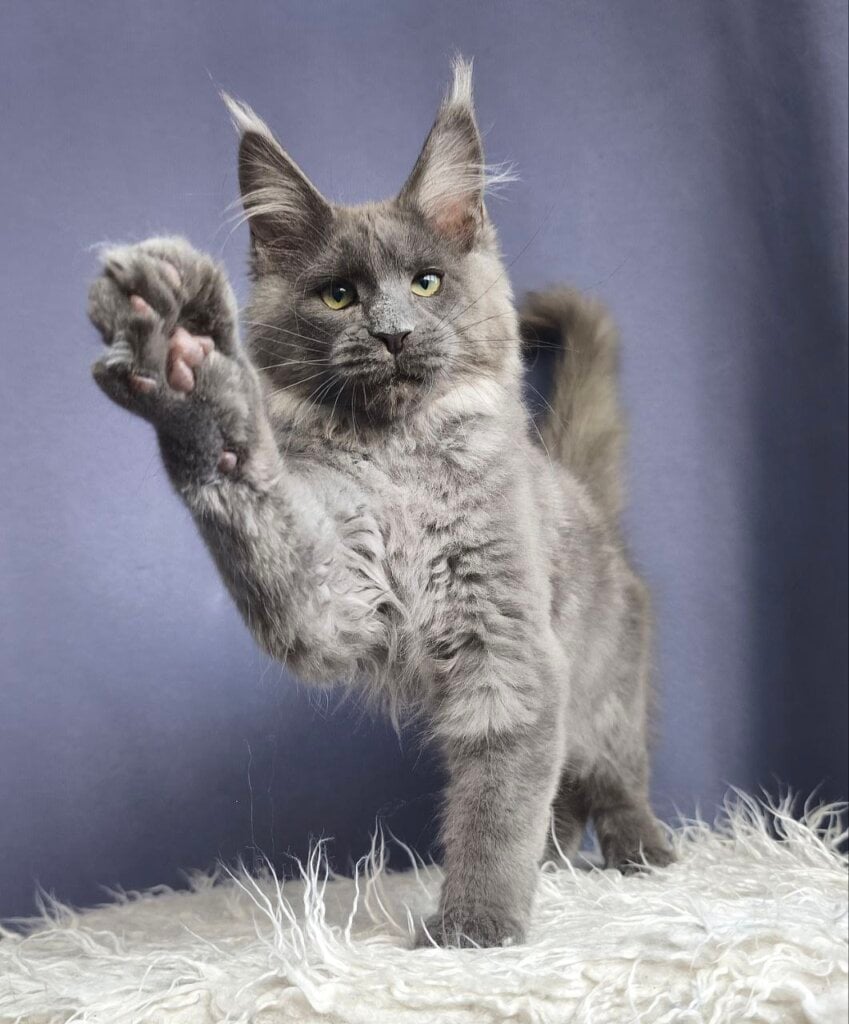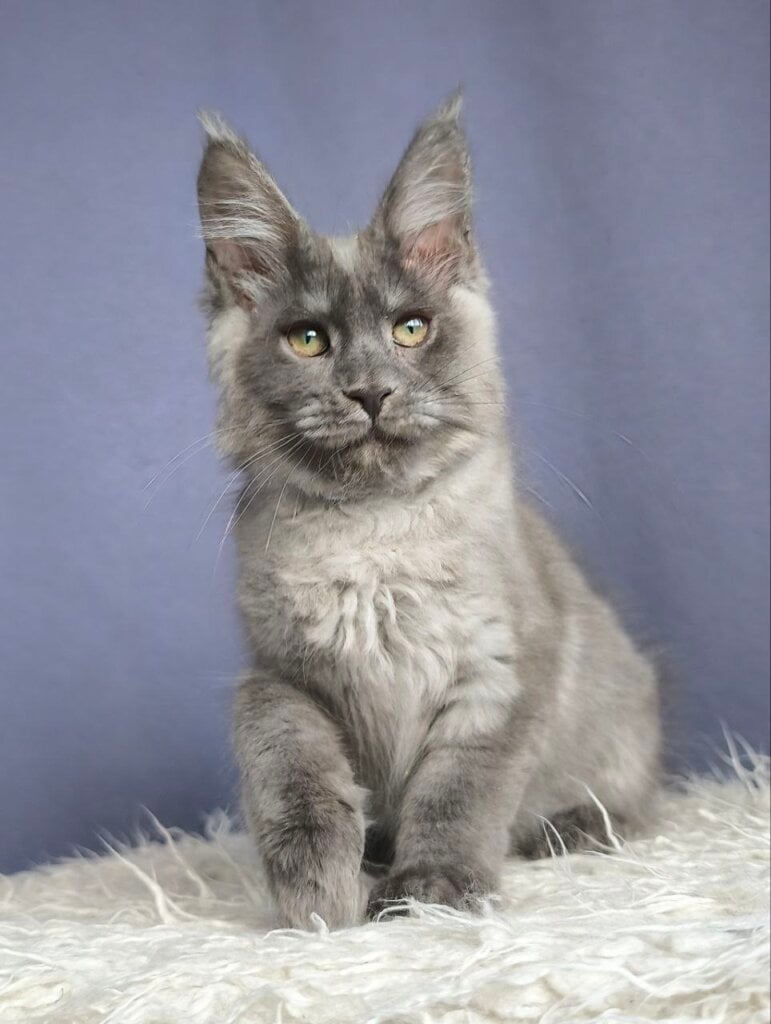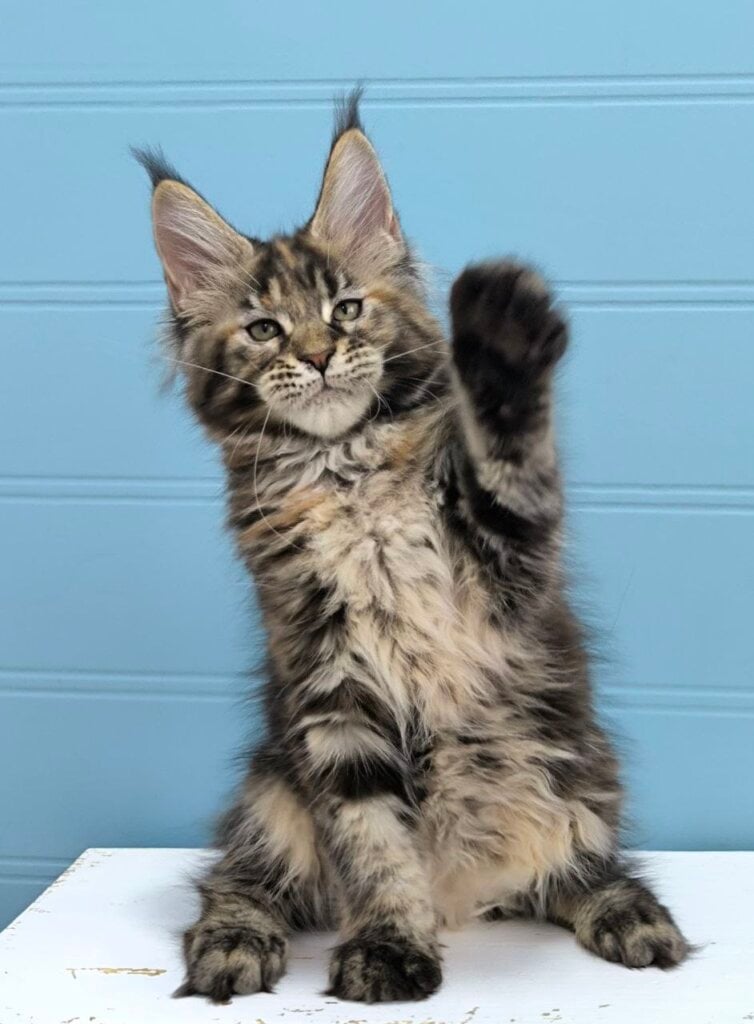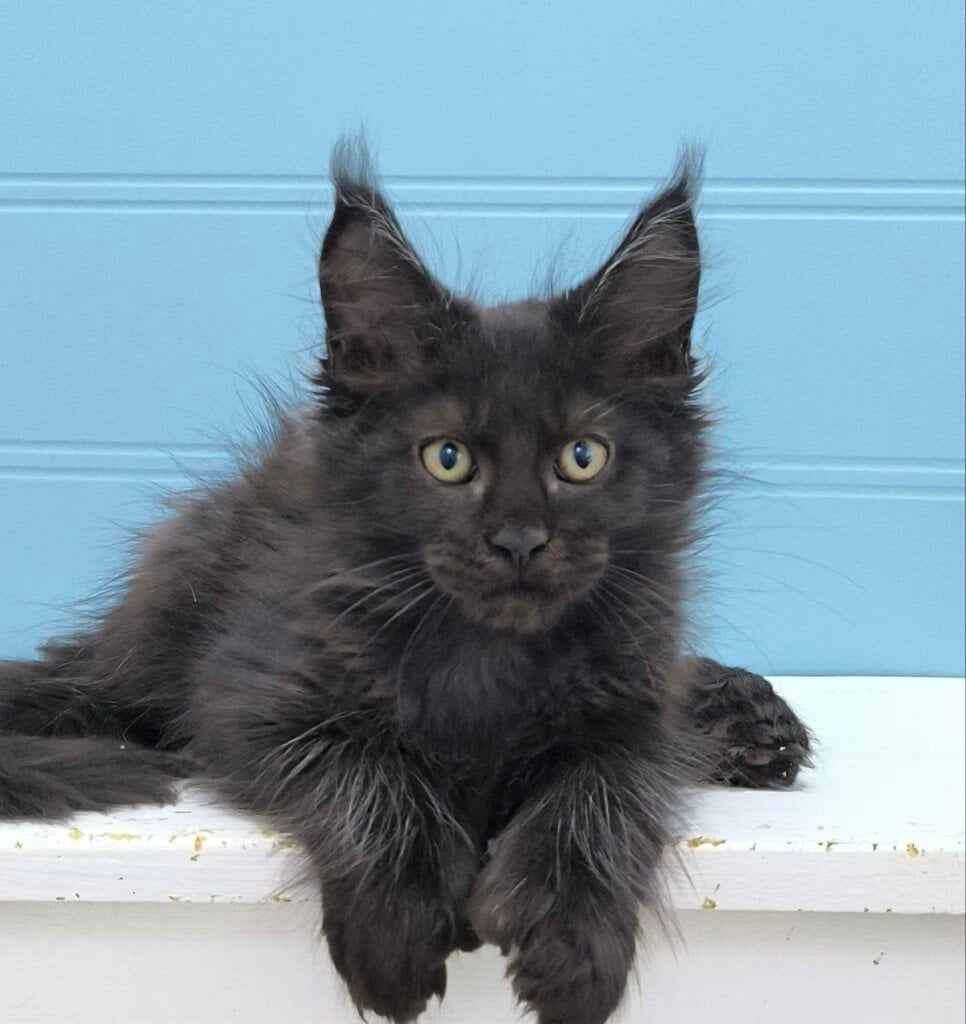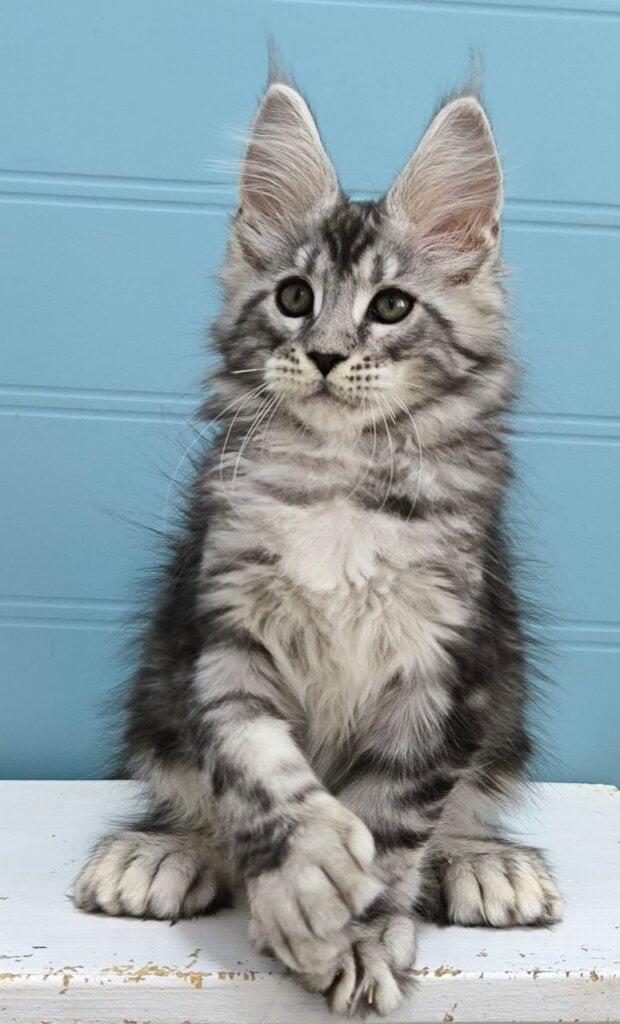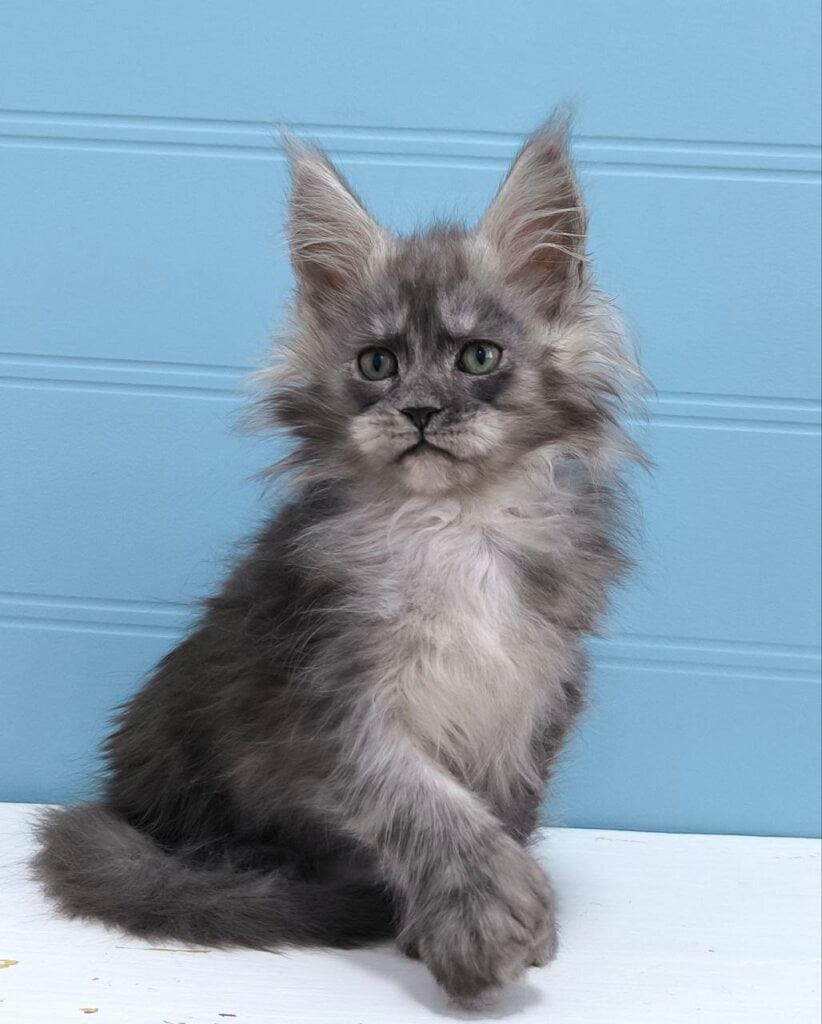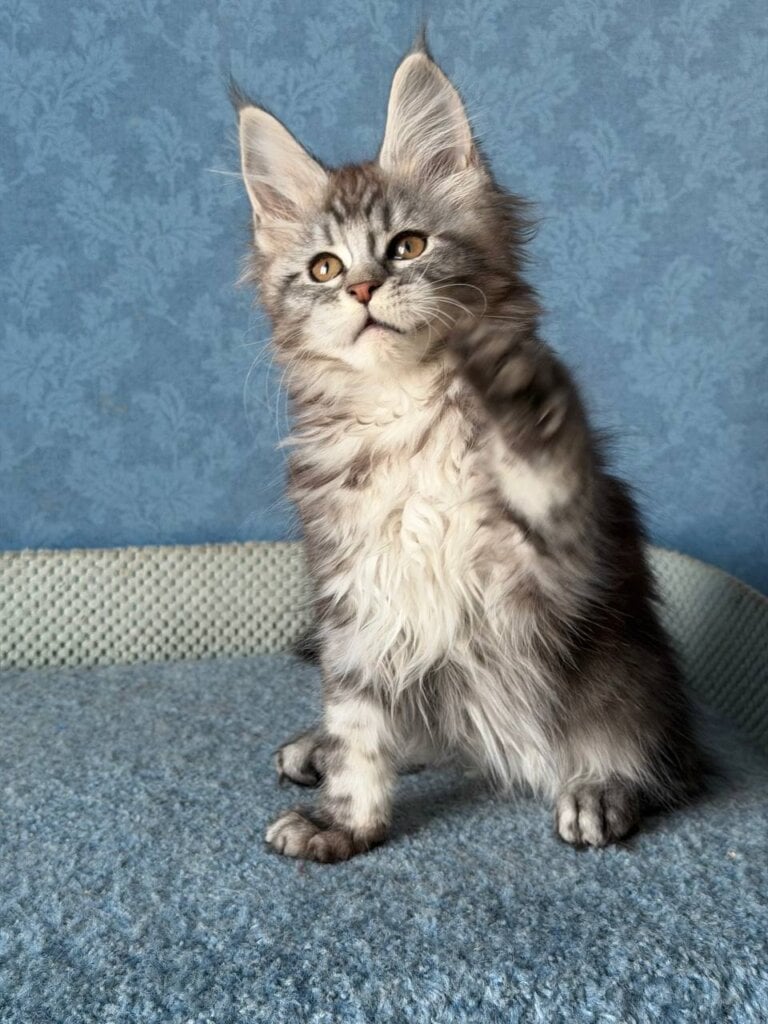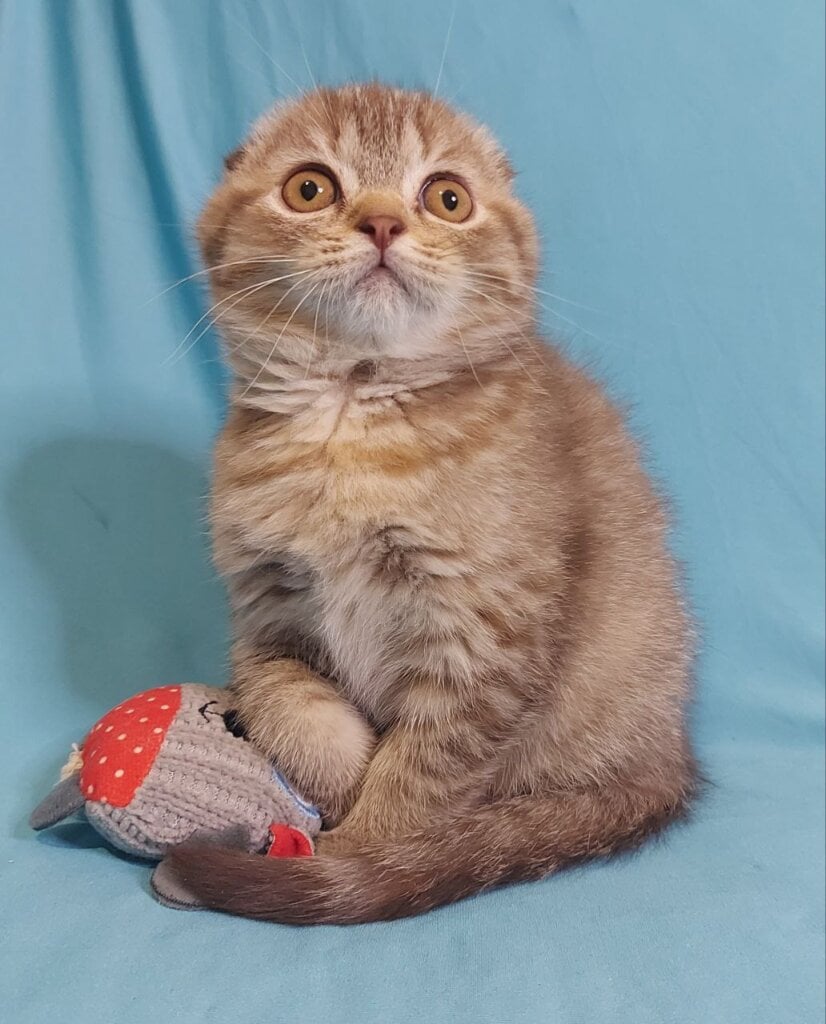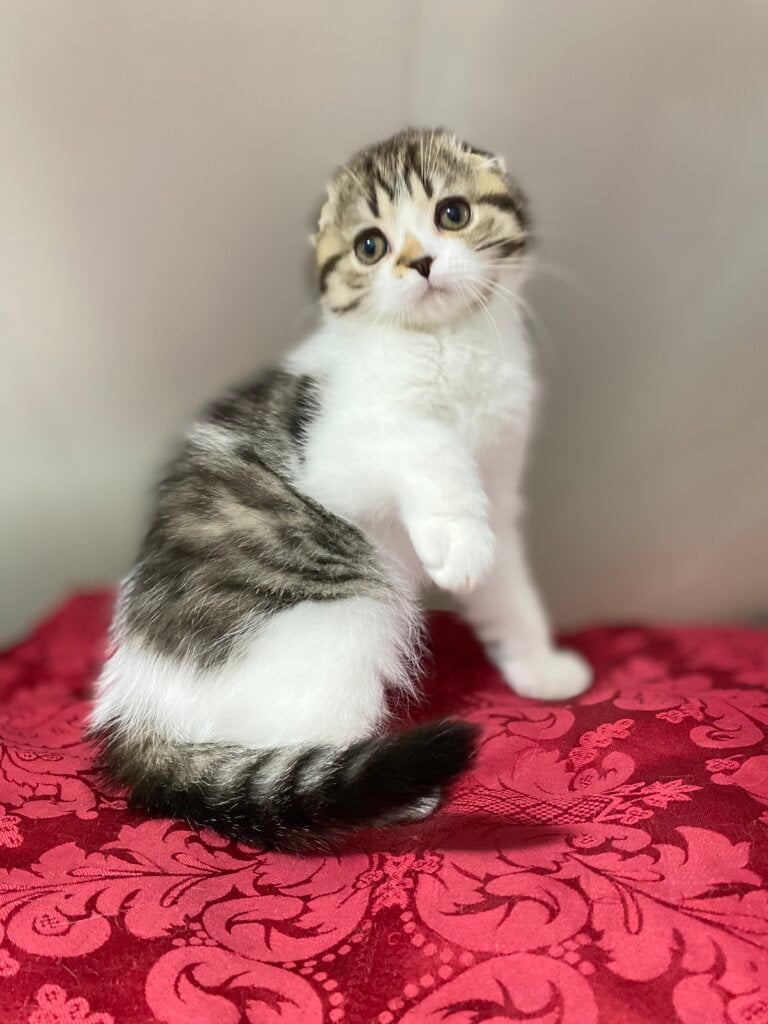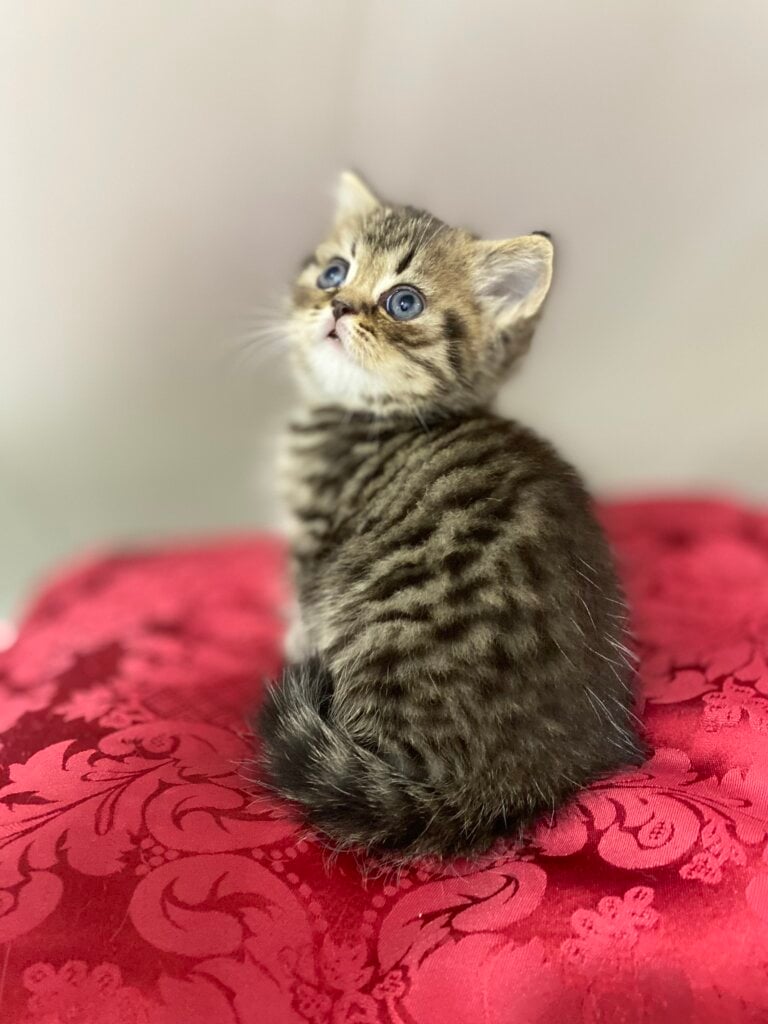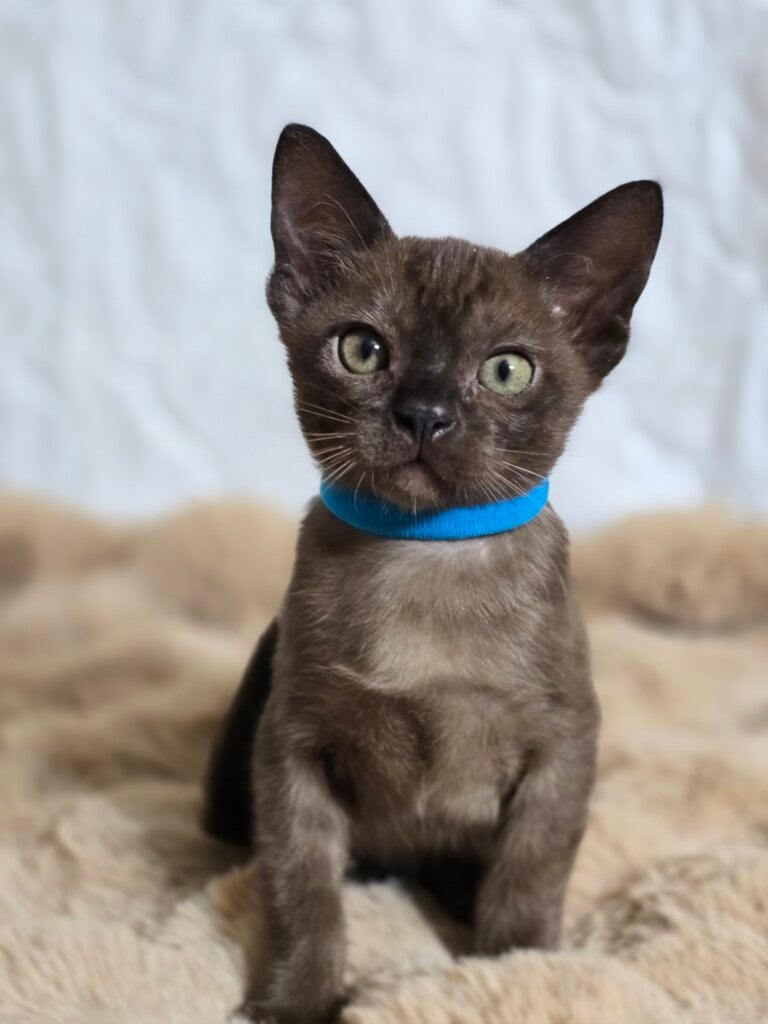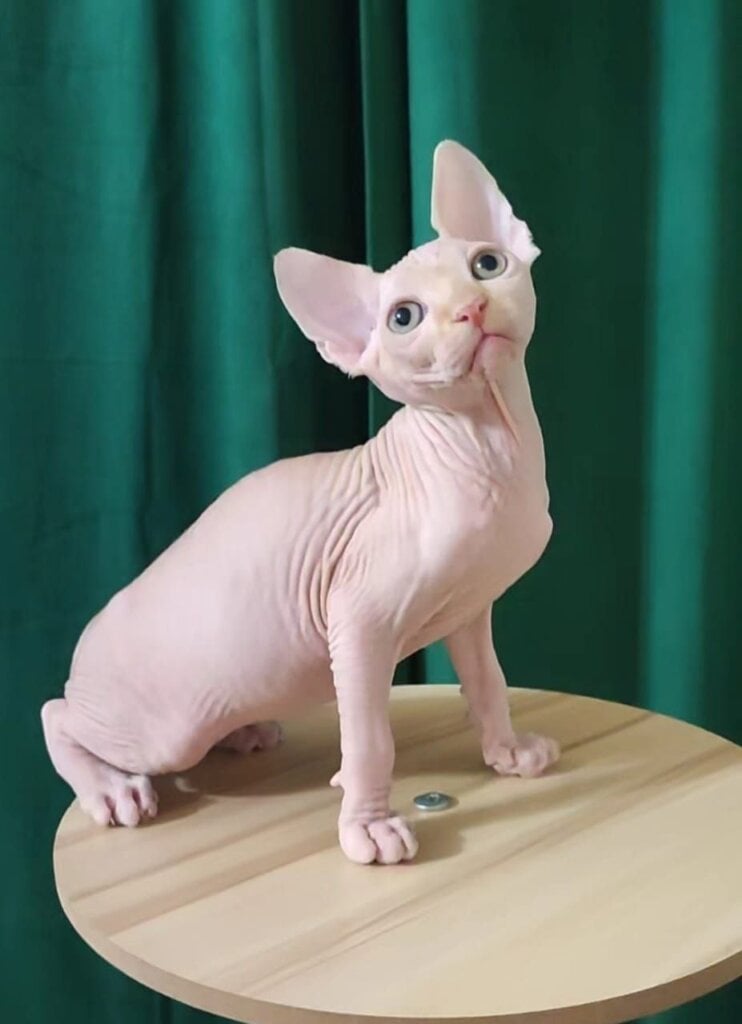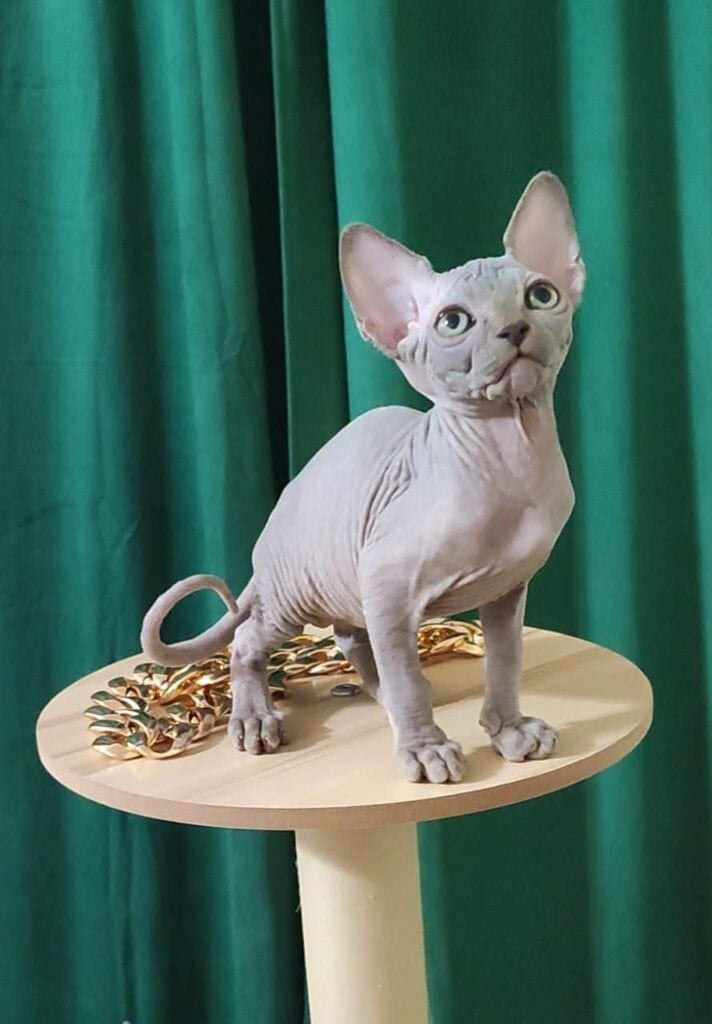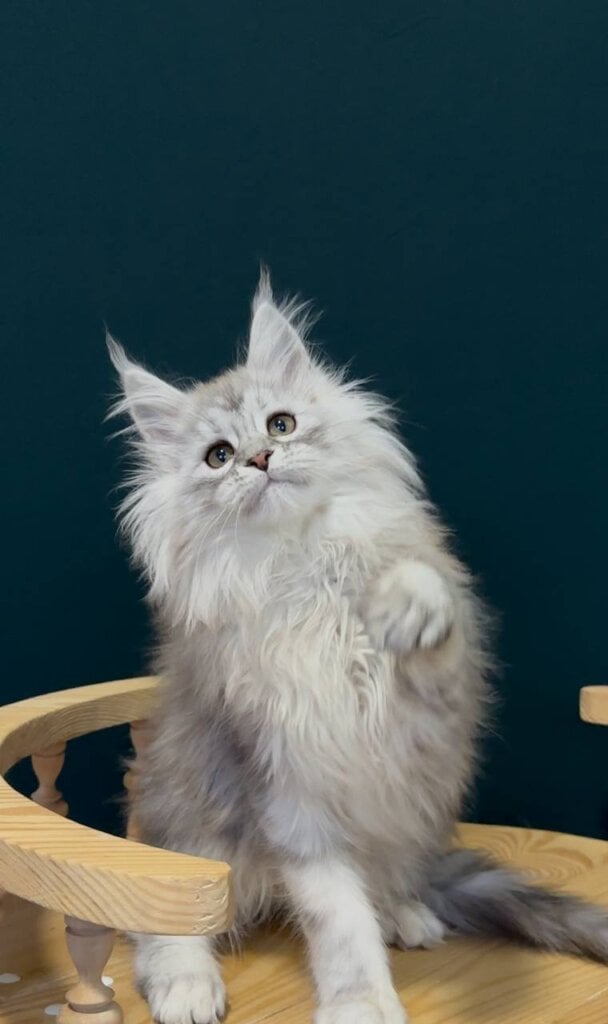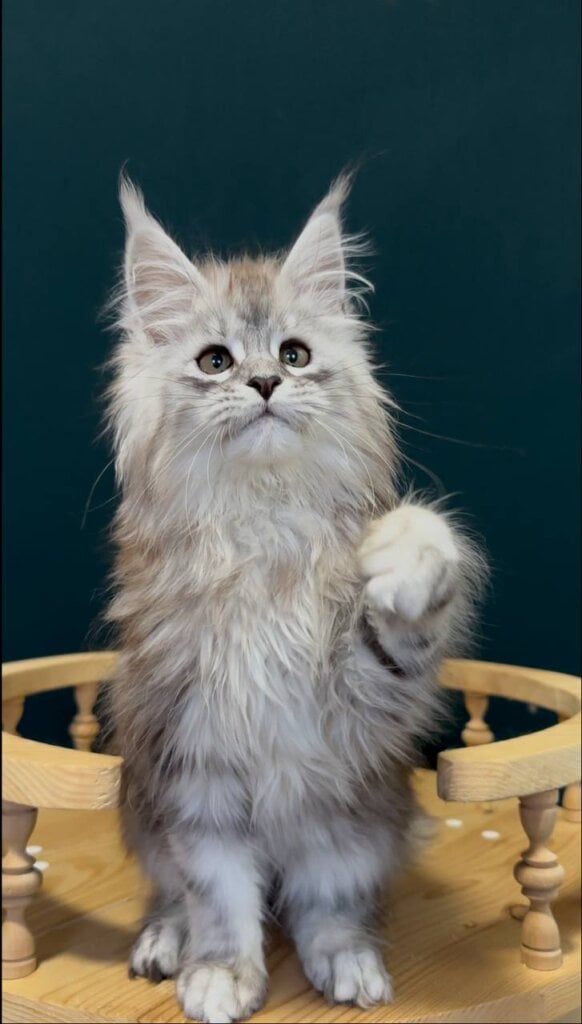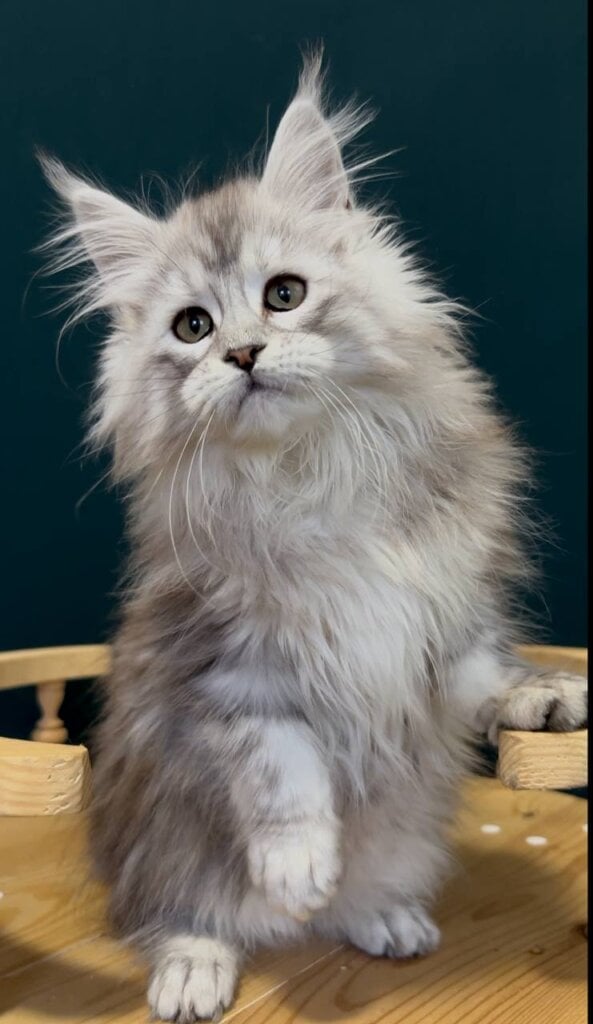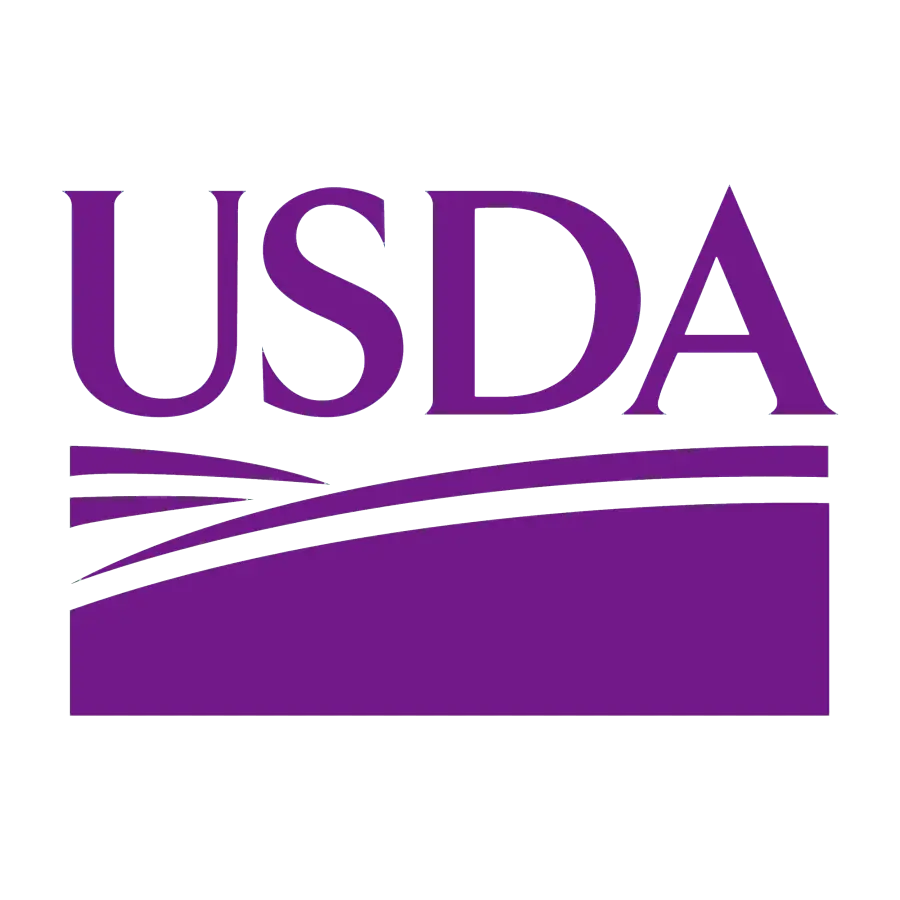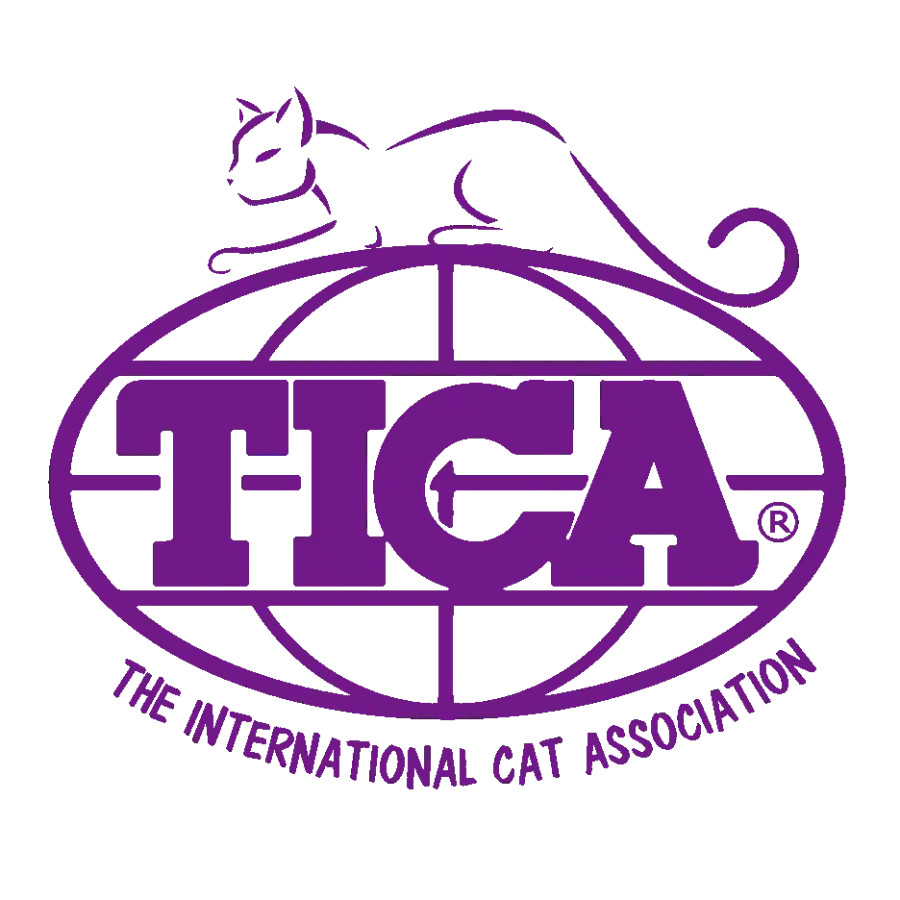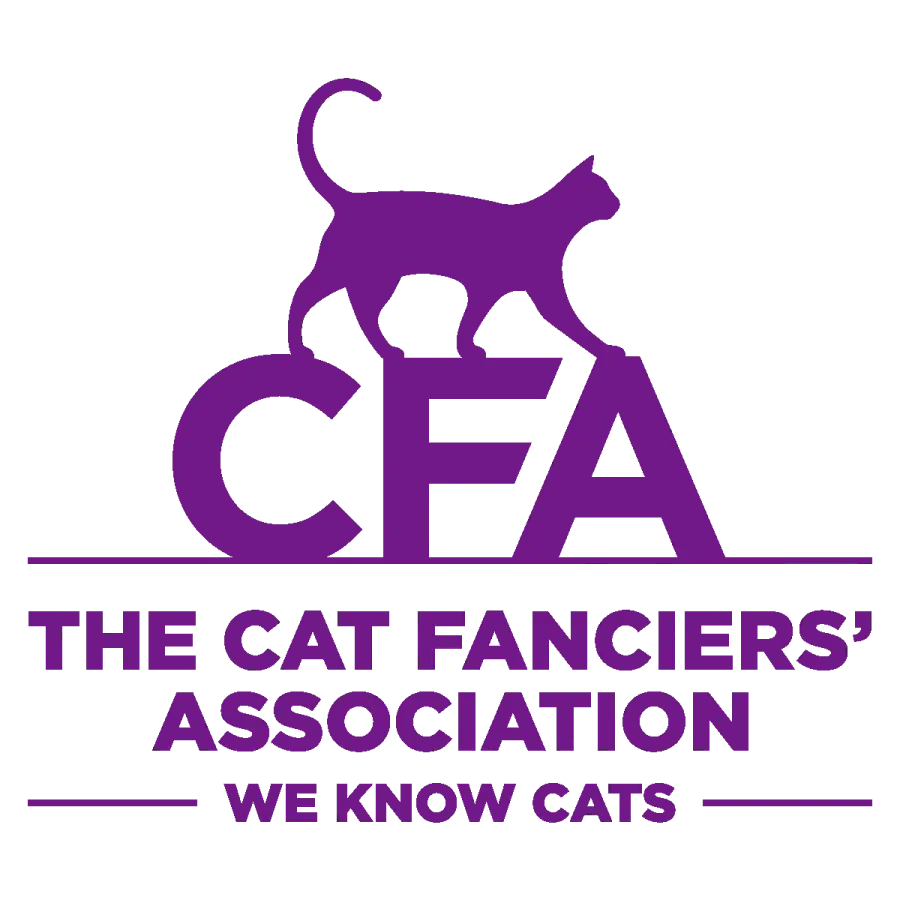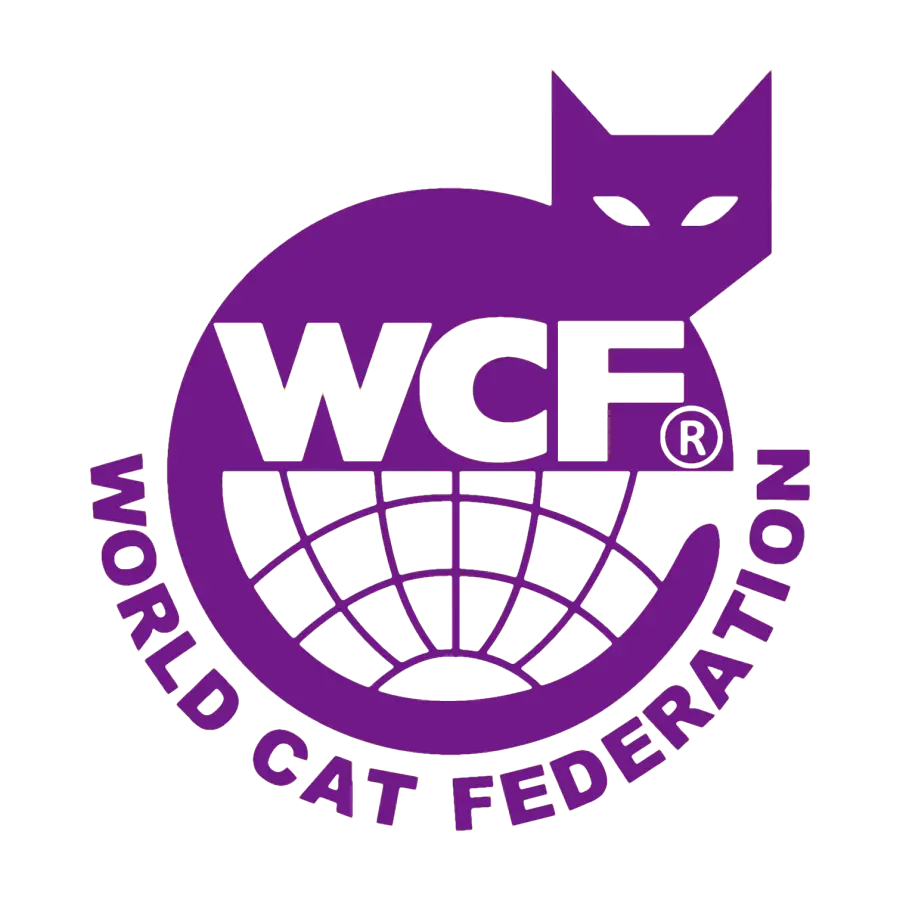Maine Coon Eating Habits
Maine Coons, famous for being some of the biggest domestic cats in the world, have intuitive eating habits that cater to their size. In addition, their larger body means they need to eat more than smaller breeds. You might be surprised to learn just how much a Maine Coon can eat in a day.
Depending on their size and activity level, they can eat as much as 10 ounces! They like to eat multiple times per day. This method helps them keep their energy high and allows them to avoid packing on the pounds. To help maintain their strong physique, feed them a healthy diet.
This diet needs to be a balance of protein, fats, and carbohydrates. Keeping a close eye on feeding times can help maintain a routine and avoid overfeeding your cat. Set regular mealtimes – don’t free feed.
Maintain a regular schedule with fixed mealtimes to prevent overeating. Providing meals at regular intervals assists in regulating their metabolism and keeps their digestive system running at peak performance. Measuring your portions is the only way to do it, and it’s worth it for your health.
Target around 30 kcal/lb of body weight to help lower obesity risk. It’s normal for Maine Coons to eat differently as they get older. Younger cats require more meals to help support their development.
Older cats need less calories since they are not as active. By monitoring these changes and changing their diet to meet their needs, you can be sure they’re getting the proper nutrients at each life stage.
Caloric Needs and Exercise
Calculating how many calories a Maine Coon needs each day takes into account their current weight and how active they are. For instance, plan on feeding your kitty 30 calories per pound of body weight per day.
Increase this figure if your kitty is super active or is more of a couch potato. Adding in daily physical activity, whether that’s through interactive toys or routine playtime, is key to keeping your Maine Coon fit and avoiding obesity.
A Maine Coon’s energy needs evolve as they grow from kittens to adults and then into seniors. Tweaking their caloric intake across these life stages is essential to fulfilling their growing and changing needs.
Impact of Poor Eating Habits
Giving them poor dietary options can place them at extreme health risk – two of the leading health risks are obesity and diabetes. Watch out for symptoms of malnutrition, such as lackluster fur or excessive tiredness, which could point to an inappropriate diet.
To correct bad eating habits, you can start by making slow adjustments, first giving them healthier food while gradually introducing fewer treats/high-calorie snacks. Encouraging a diet packed with essential nutrients sets them up for a long, happy, healthy life.
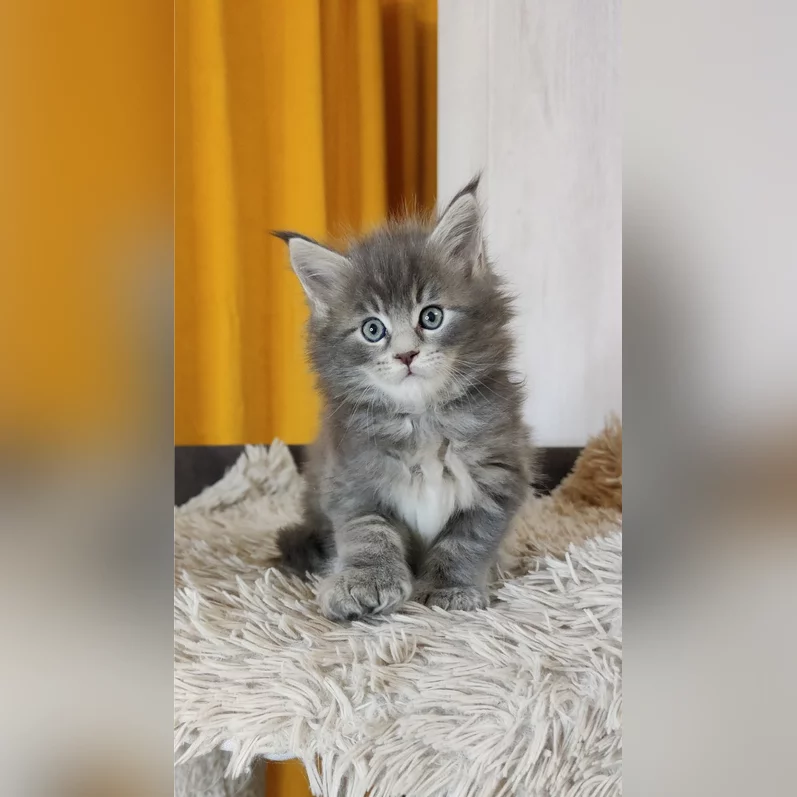
Nutritional Requirements for Maine Coons
1. Essential Proteins for Growth
Maine Coons, being a heavier and muscular breed, do well on diets high in quality animal-derived proteins. These proteins are essential for muscle creation and retention during their lives. Chicken, fish, and beef provide the best protein sources to supply important amino acids and other nutrients essential to healthy growth.
Especially when it comes to the kittens stage, it’s important to keep a close eye on protein intake to help aid in their growing fast pace. As they continue to grow into adulthood and beyond, keeping their protein levels balanced will help them remain active and healthy throughout their lives.
Adults usually weigh 8 to 18 pounds. To maintain their impressive muscle mass, they require a diet tailored to their nutritional requirements.
2. Importance of Healthy Fats
Healthy fats are important to maintain shiny coats and healthy skin for Maine Coons. They are key in keeping the breed looking as lovely as it does. Include foods high in omega-3 and omega-6 fatty acids in your meals.
Fish oil is a great way to help achieve that fat balance. These fats play a role in maintaining brain health, key to any cat’s well-being. Fats are critical to our health, but we need to be careful.
Excess saturated fat can cause you to gain weight and increases your risk of chronic diseases. To achieve their caloric requirements, a proper balance of fats and carbohydrates is necessary. Generally, this comes out to about 20 calories per pound of body weight.
3. Role of Carbohydrates
Carbohydrates, as much as they might try to downplay carbohydrates, these nutrients still provide energy. Keep your carbohydrates low to avoid weight gain. Opt for digestible energy sources like sweet potatoes or peas that provide energy without fillers.
Fiber increases digestion and helps gastrointestinal health. This is crucial for all cats, but particularly for Maine Coons who may experience dietary distress such as gastrointestinal upset.
4. Recognizing Quality Cat Food
When selecting food for your feline friend, always look for high protein, low filler foods when reading labels. Reputable brands that are known for the quality of their ingredients and nutritional value are usually the best bet.
Dry, wet, and raw foods each have their own advantages. Do a little research and pick the healthiest choice for your Maine Coon! Providing your Maine Coon with the right amount of taurine will protect them from developing heart disease, an ailment they are susceptible to.
Vital vitamins and minerals are crucial for Maine Coons to stay healthy and live long healthy lives. With the right attention, these cats can survive around 15 years.
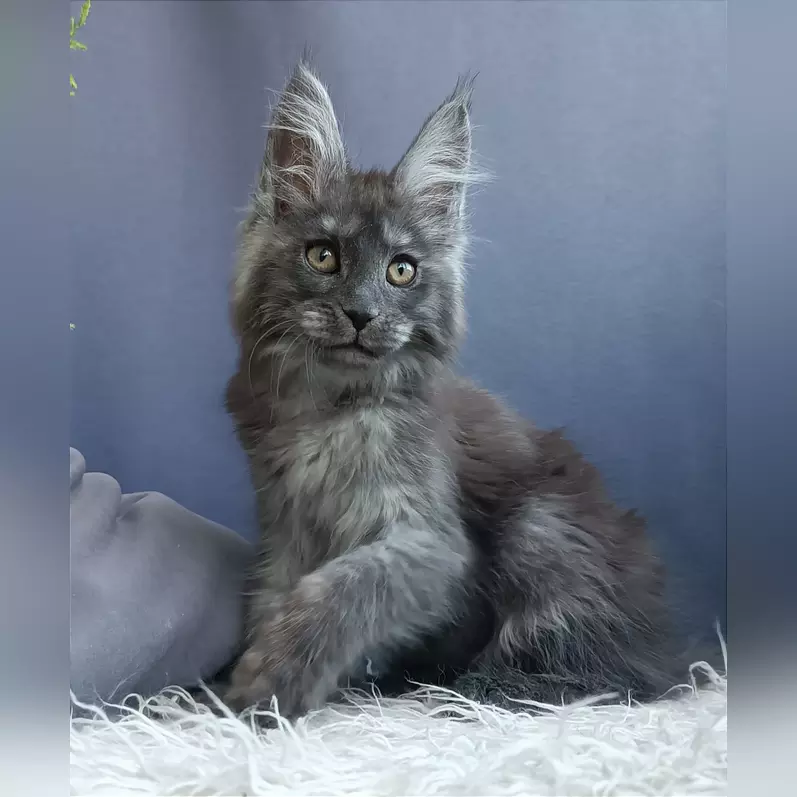
Feeding Guidelines for Maine Coons
Feeding a Maine Coon goes well beyond just filling up a bowl. Setting a routine feeding time goes a long way in encouraging good eating practices. This breed is infamous for their big appetites, necessary to fuel their energetic lifestyle.
With this in mind, establishing a routine is the best way to avoid overeating and help promote a healthy diet. Feed them at regular intervals, ideally at the same time each day. This consistent routine is beneficial for digestion and reduces anxiety associated with mealtime.
It’s important to remember to adjust portion sizes according to your cat’s age, weight, and activity level. Given their large size, Maine Coons will require more calories than smaller breeds. An adult with a weight range of 8 to 18 pounds should eat 3-5lb of food per day.
The specific amount will vary based on their activity level. This change helps to make sure that they are getting just the right amount of energy without too many calories, which can contribute to obesity.
Keeping track of how much they eat is another important part of the feeding guidelines. Although Maine Coons are not as susceptible to food allergies, it’s always a good idea to be on the lookout for any negative responses.
Regular weigh-ins and vet check-ups are always a good plan to ensure your kitty is a healthy weight and to nip potential problems in the bud.
Kitten Feeding Tips
Maine Coon kittens have unique nutritional needs, needing specialized kitten formula to provide the right nutrients to support their quick development. Maine Coons, unlike their smaller counterparts, should remain on kitten food for 8 to 12 months.
They have greater nutritional needs that necessitate this longer diet. During this phase, slowly start to introduce solid foods and keep an eye on their hydration levels. Feeding several small meals over the day works well, too, giving lots of steady energy for growing and playful antics.
Recommended Adult Diet
At about 12 months, it’s time to switch to adult cat food. Their natural inclination toward foods high in moisture content should be accommodated by a balanced diet that features both wet and dry food.
Wet food provides added hydration and may be more appealing. Feeding amounts should be fine-tuned according to each cat’s healthy ideal weight and activity level. A high-moisture diet full of animal-rich fats helps them feel more energized.
Top quality cat jelly or gravy will hit their dietary sweet spot.
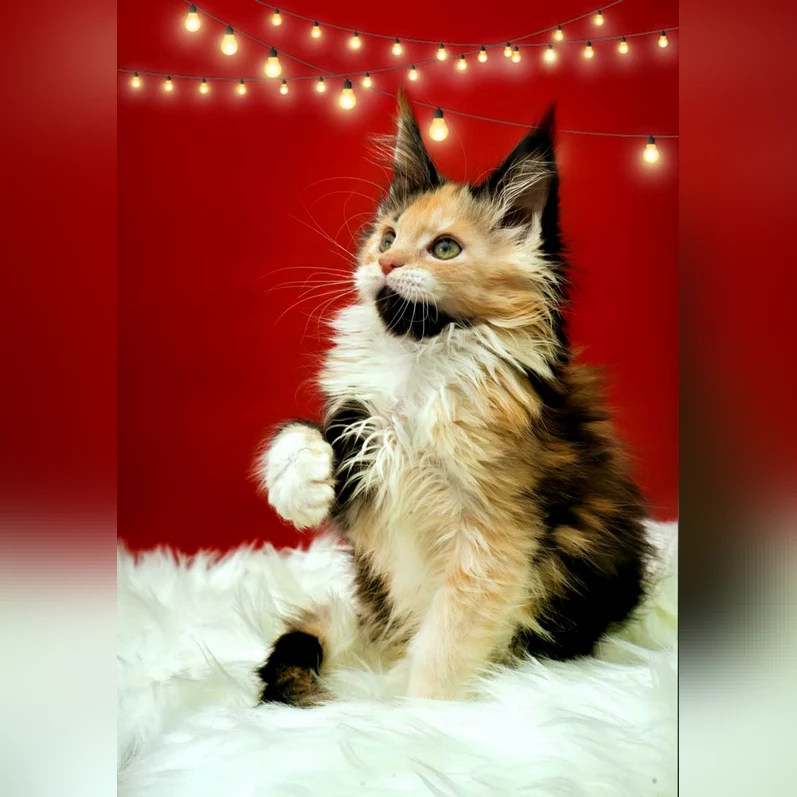
Transitioning to New Food
Transitioning a Maine Coon to new food must be done gradually to prevent digestive upset. Whatever the strategy, it’s critical to have a plan for a gradual transition. Begin by combining a little bit of new food with your cat’s existing food. This helps make the cat feel more comfortable with the transition.
During the course of a week, gradually up the percentage of new food and decrease the old. This gradual transition allows your cat’s digestive system to adapt without causing an uproar. I wish there was a better answer, but a breeder once suggested the brand. Remember that each cat is different, so what might work for one may not work for another.
Steps for a Smooth Transition
Begin the transition by starting with 25% of the new food and 75% of the old food. Repeat this for the first two days. Then, ramp up the new food to 50% on day three and four.
On days five and six, prepare a mixture of 75% new food to 25% of the old. By the end of day seven, your cat should be prepared to eat the new food exclusively. Throughout this time, keep a very close watch on the cat’s stool and health in general.
Many owners encountered stinky stools and vomiting when trying to speed up the process. Another owner agreed, saying the key is to try Blue Buffalo a few times before the dog adjusts, noting patience and close observation are key.
Signs of Dietary Adjustment Issues
Look out for alarms that tell you the new diet isn’t working or is making things worse. Vomiting, diarrhea, or loss of appetite can be red flags. Behavior changes such as increased lethargy or irritability at mealtimes can indicate pain.
One owner mentioned how her cat’s coat went from dull to shiny after switching to a better food, a great example of a good response. If these problems continue, getting your dog to a vet should be the first step. They can help you make a plan based on your individual cat’s needs.
Each cat is unique and has their own response to new foods. So the average person will turn down specific brands a third of the time, according to one owner. On the flip side, brands like Untamed are killing it.
Taking a gradual approach to new food, and checking with your vet before making any major changes, will help keep your Maine Coon happy and healthy.
Alternative Diets and Supplements
Exploring Raw Food Options
Raw food diets, such as those all the rage amongst Maine Coon owners, can provide numerous advantages. Cats frequently experience better coat quality and increased vitality on a diet of raw meat, bones and organs. These diets attempt to mimic a cat’s diet in nature.
They provide convenient, low-fat protein and other nutrients delivered in one of nature’s most wholesome packages. It’s important to make sure you’re handling and preparing raw food in a way that prevents bacteria from contaminating your food. Always procure high-quality meat and practice cleanliness when preparing.
It’s important to consult your veterinarian before changing your pet’s diet. They’ll be able to create a balanced raw diet specifically catered to a Maine Coon’s nutritional needs. This method takes into consideration their large size and high activity levels.
Optional Supplements for Health
Supplements can play a role in supporting your Maine Coon’s health. Omega fatty acids, for instance, are known to enhance skin and coat health, while probiotics can aid digestion. The necessity of supplements varies based on individual dietary needs, so evaluating your cat’s diet is key.
Some cats might benefit from additional vitamins or minerals if their food lacks certain nutrients. It’s wise to monitor how your cat responds to supplements and make adjustments as needed. If a supplement seems to cause discomfort or doesn’t show benefits, consulting your vet will help determine the best course of action.
Always prioritize your Maine Coon’s overall health and comfort when considering dietary changes.
Addressing Common Dietary Issues
Understanding Weight Management
Maine Coons, famous for their size, can have dietary issues such as obesity. To counter this, a weight maintenance strategy using portion size limitation with increased physical activity works best. Feeding them the correct amount is important as overfeeding can cause nausea or vomiting and inhibit nutrient absorption.
A helpful baseline is providing them 24 to 35 calories per pound of bodyweight, depending on their level of activity. Daily exercise, whether through play or exercise, is important for keeping them healthy and happy. It’s incredibly important to track changes in participants’ weight.
With regular weigh-ins, we can make feeding adjustments as needed, keeping them in that optimal weight range. Adult Maine Coons are active and require a great deal of energy. They do much better on a diet that’s high in animal protein and fat versus high carb.
This method naturally fosters healthy weight maintenance and energy levels. Maine Coon kittens require high levels of energy to ensure they develop into strong, healthy adults. That’s why it’s important to start them on kitten food at about 4-5 weeks of age.
Identifying Allergies and Sensitivities
Food allergies, though not as prevalent as the stereotype believes, can plague Maine Coons. Symptoms, such as itching or gastrointestinal upset, show the presence of an allergy. If you experience any of these symptoms, an elimination diet can identify which foods you are sensitive to.
Common allergenic proteins are beef, chicken, and fish. By methodically eliminating and reintroducing these common culprits, you can figure out what’s causing it for sure. Working alongside a veterinarian allows for an individualized plan.
If allergies are diagnosed, they can prescribe hypoallergenic diets. This helps to make sure that your Maine Coon is getting all the nutrients they need while avoiding causing them adverse reactions. While allergies are uncommon, careful monitoring and rapid recognition avoid distress and promote optimal health.
